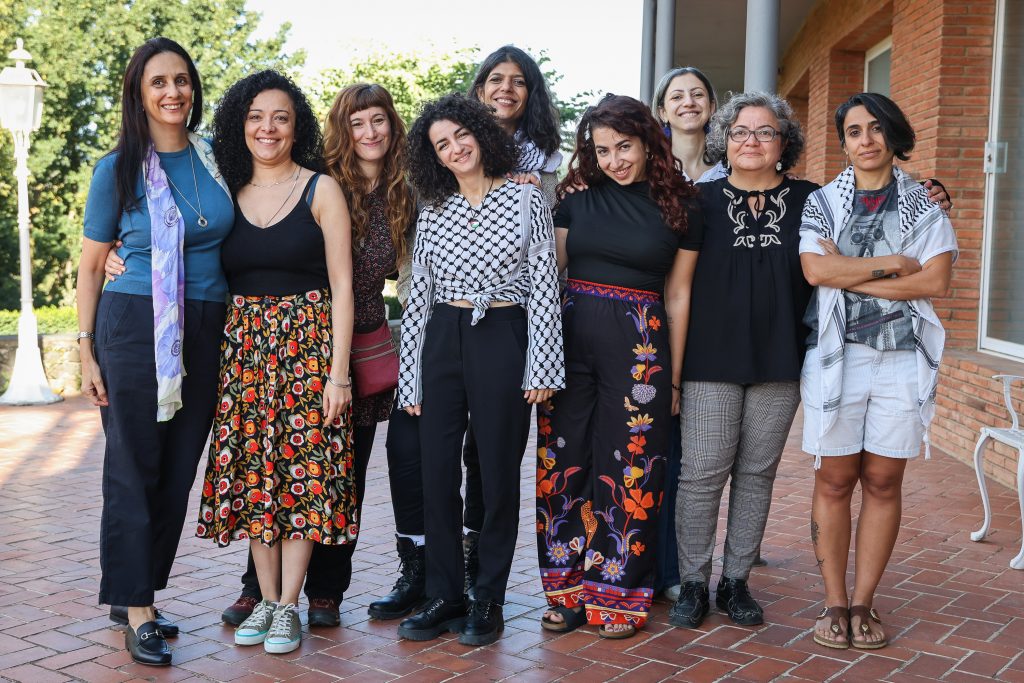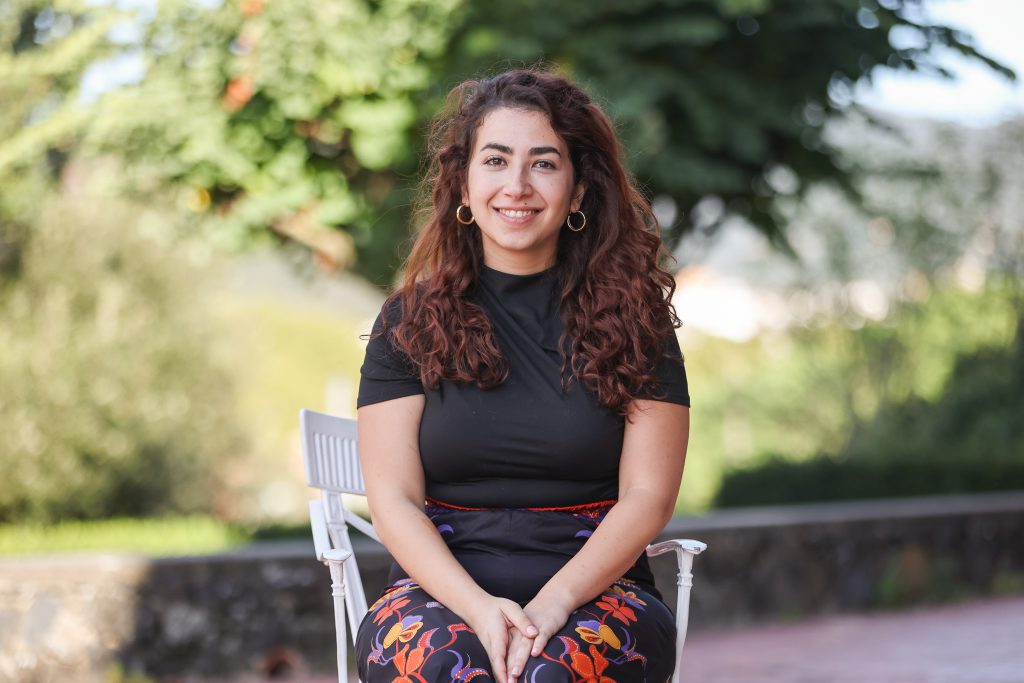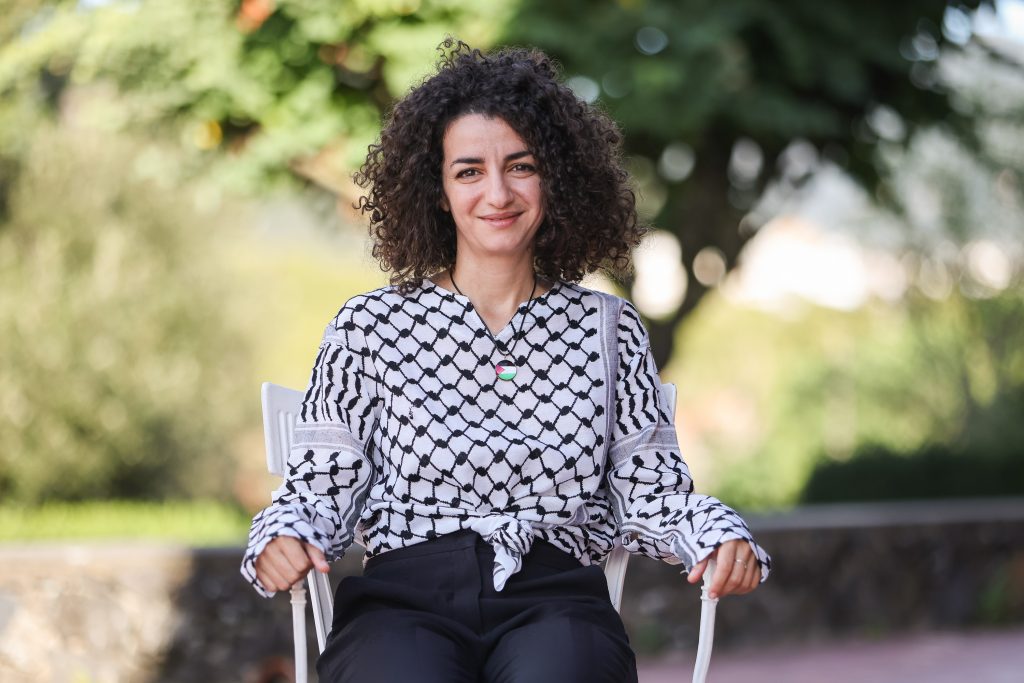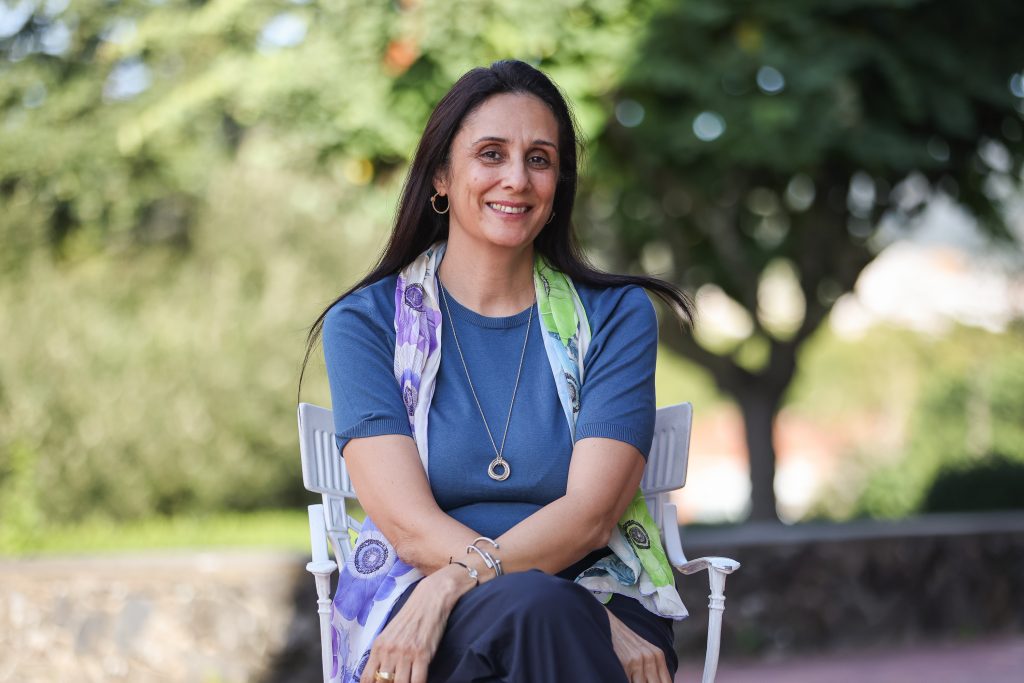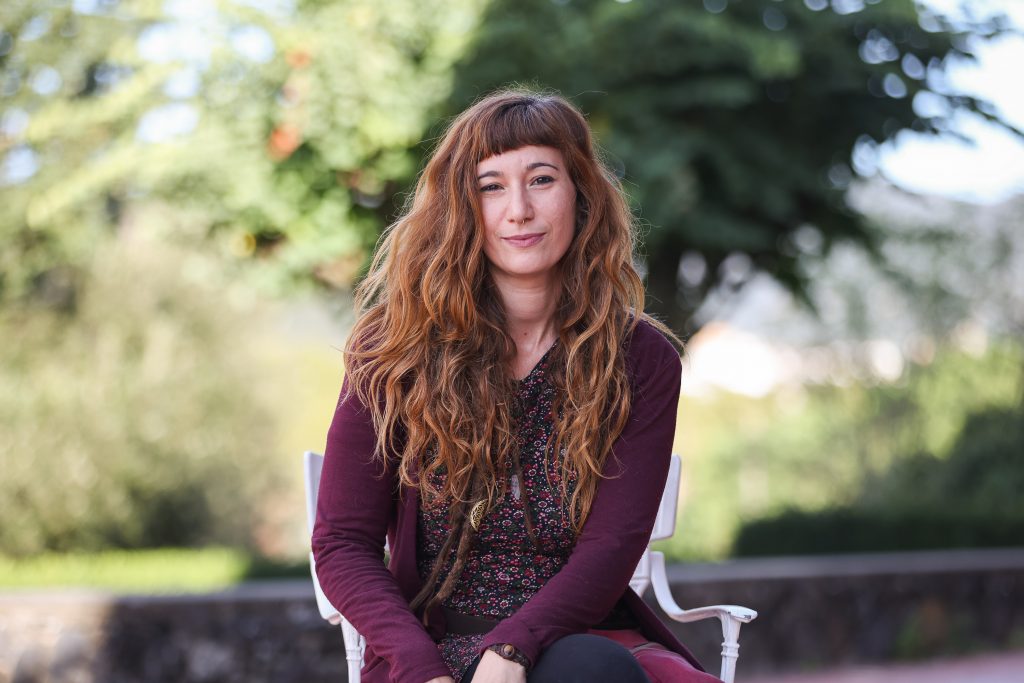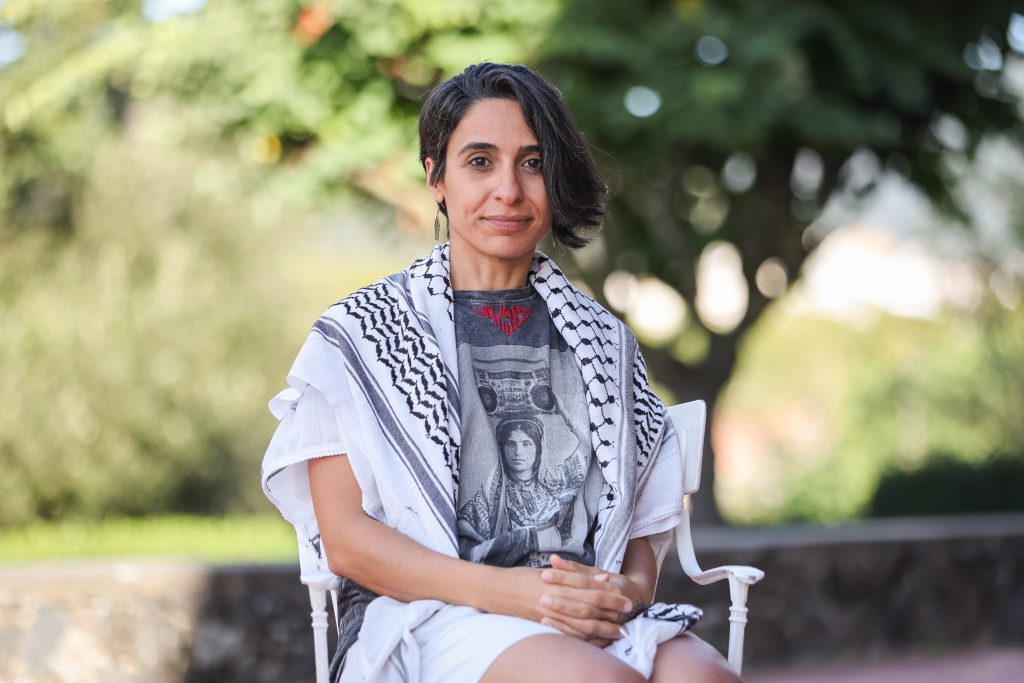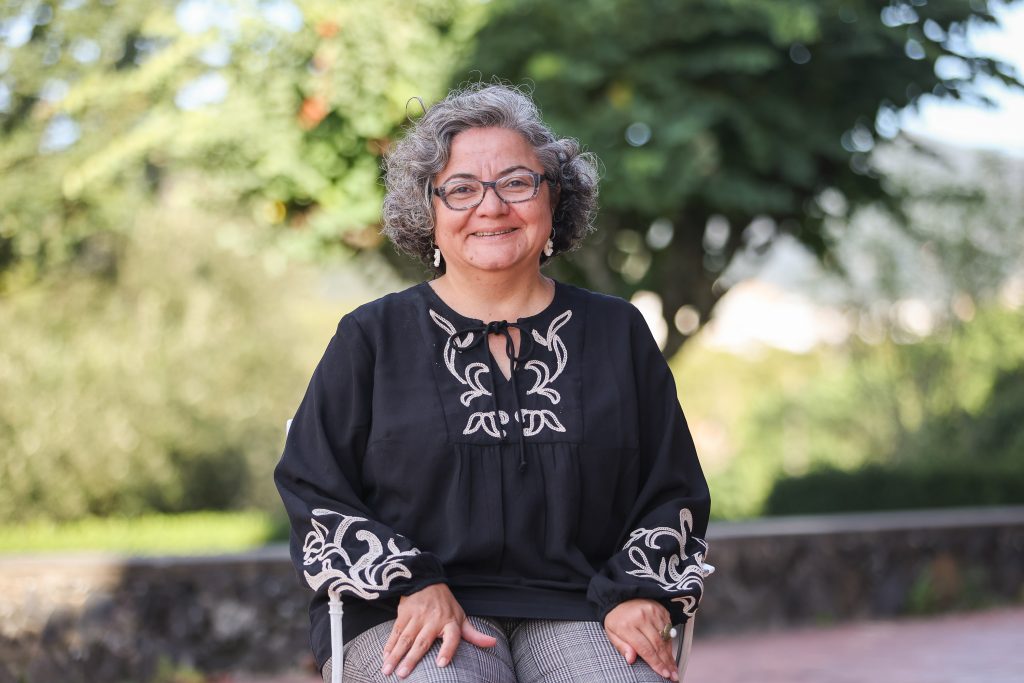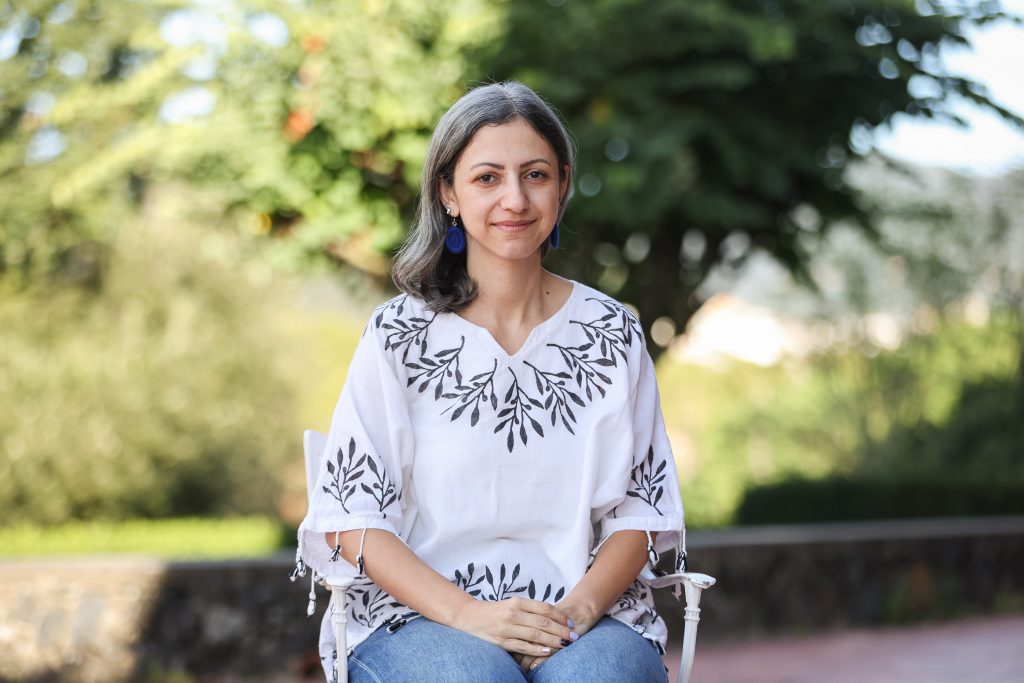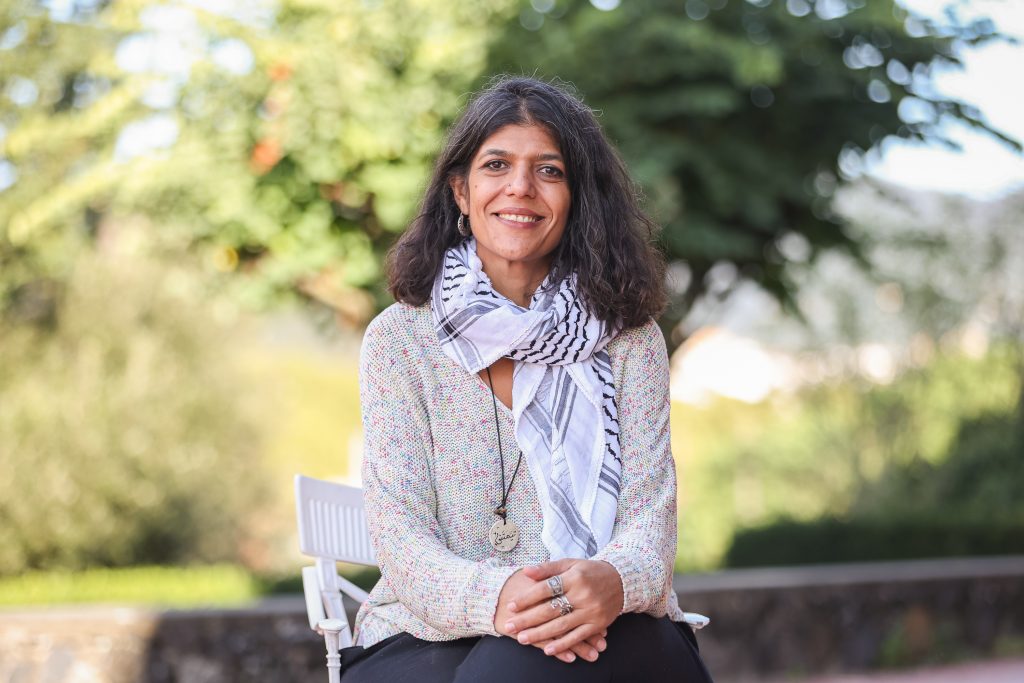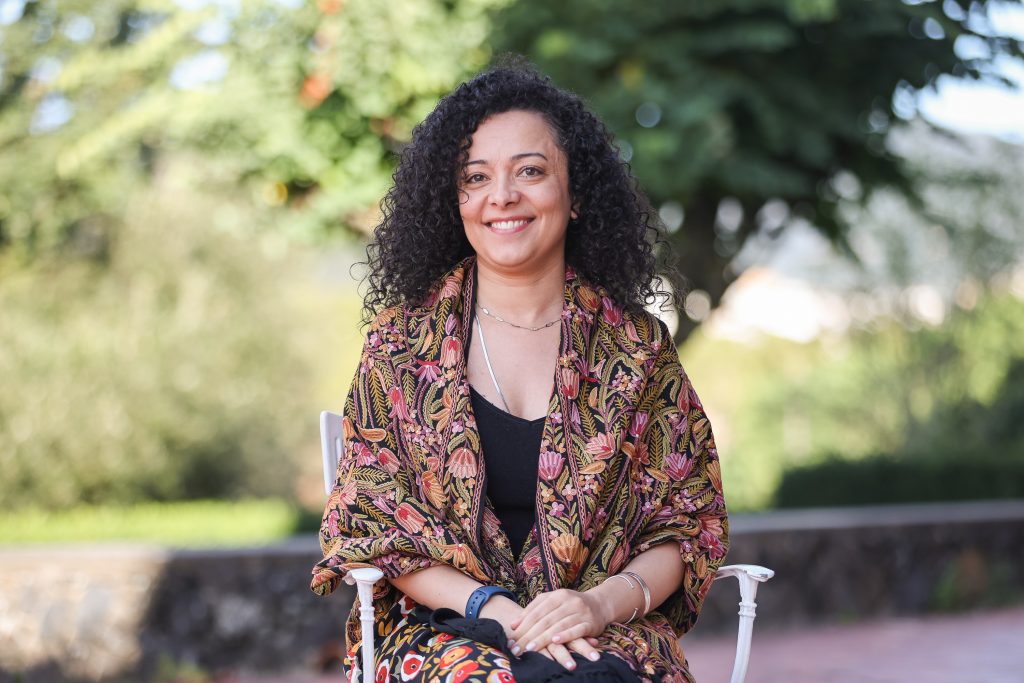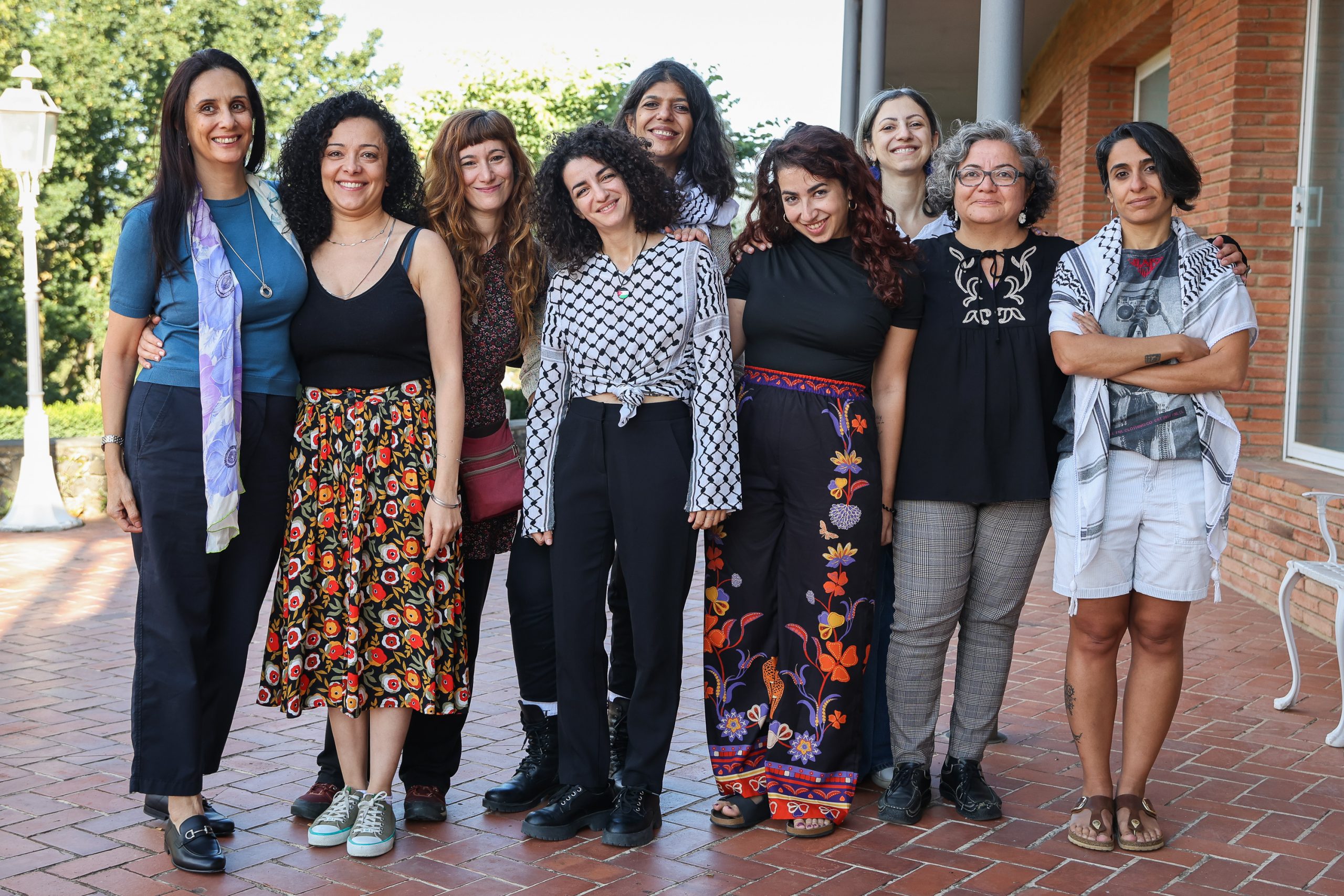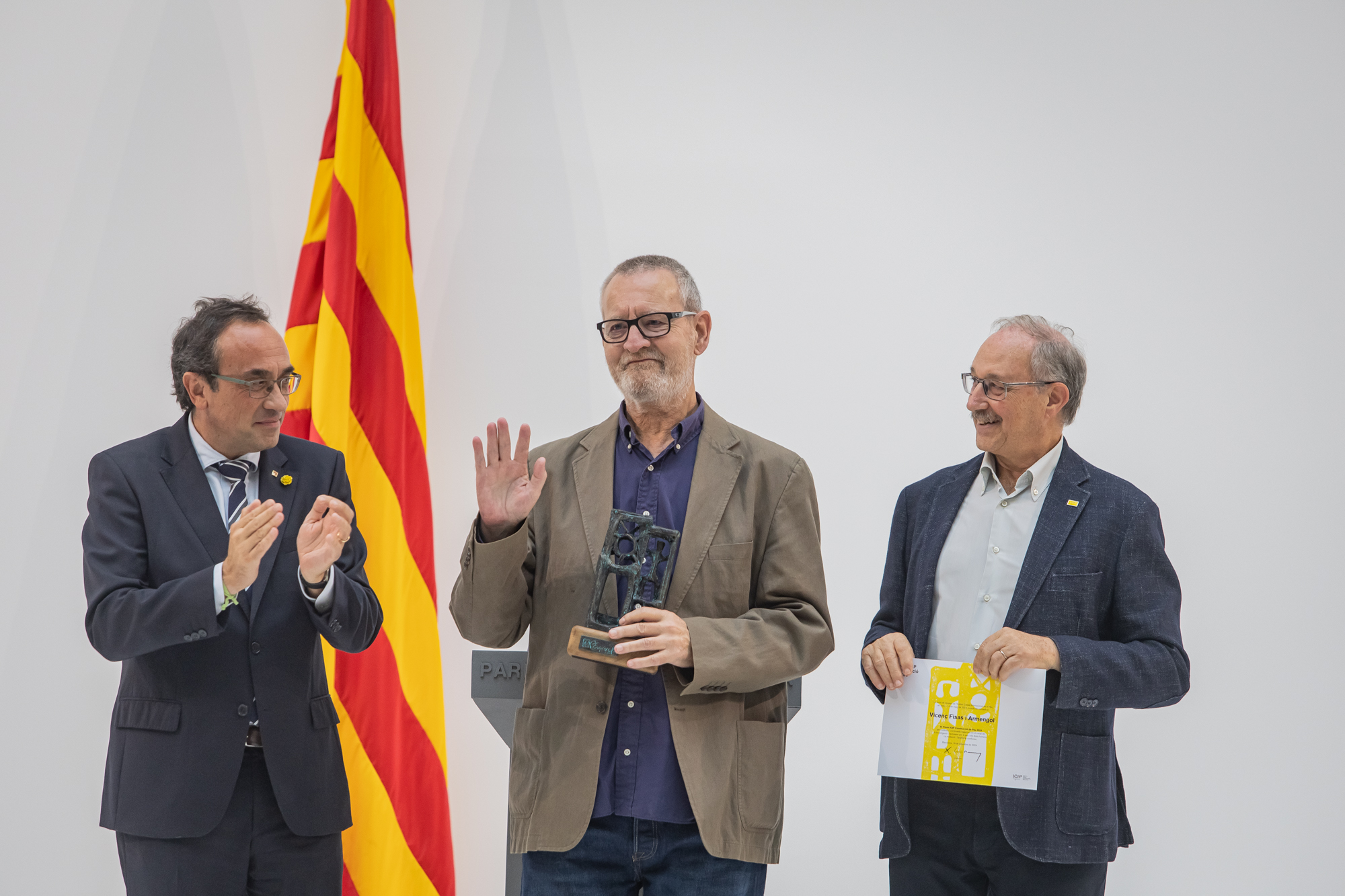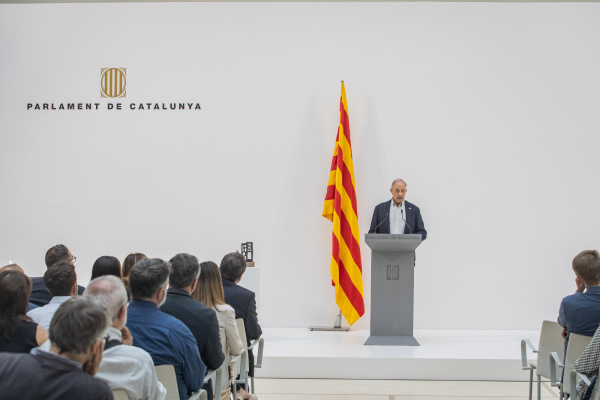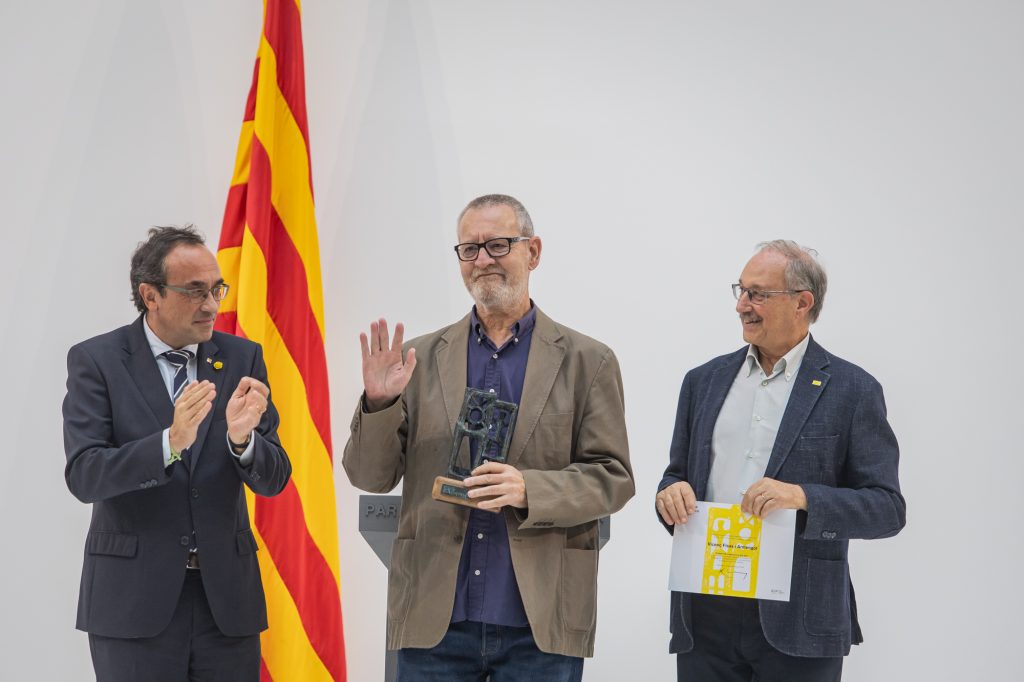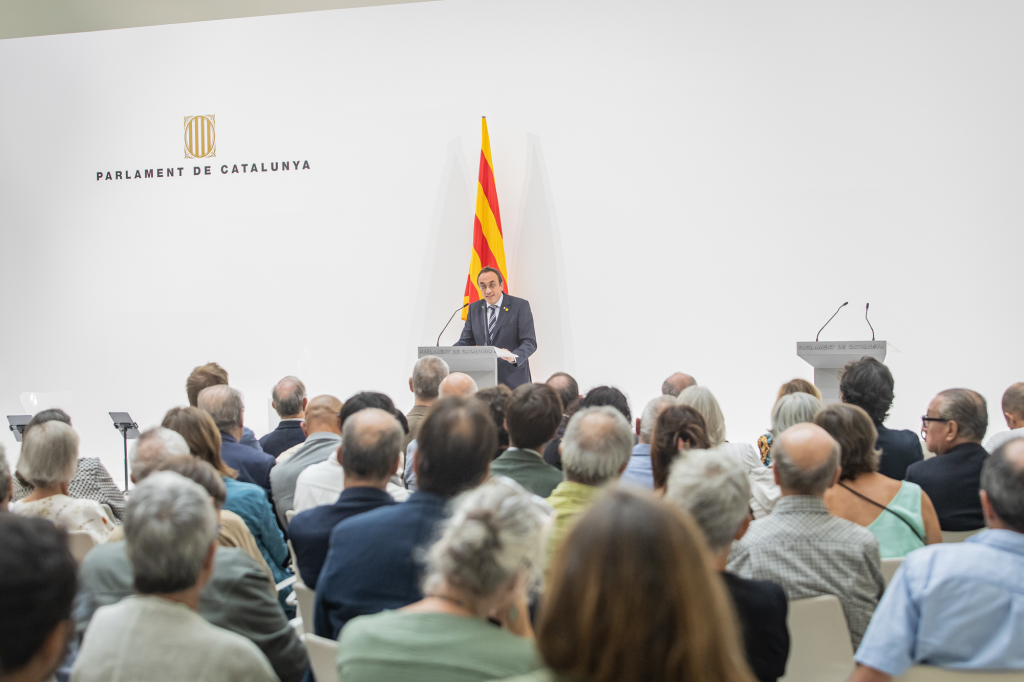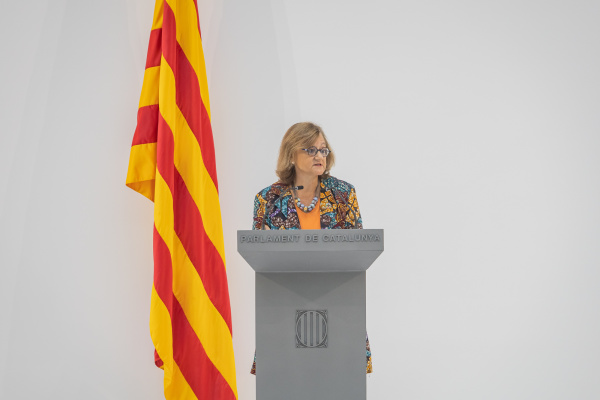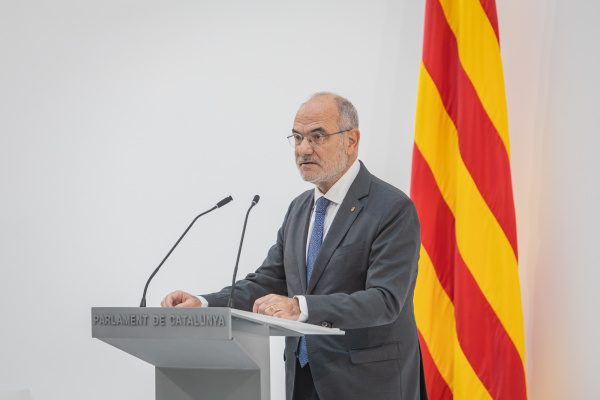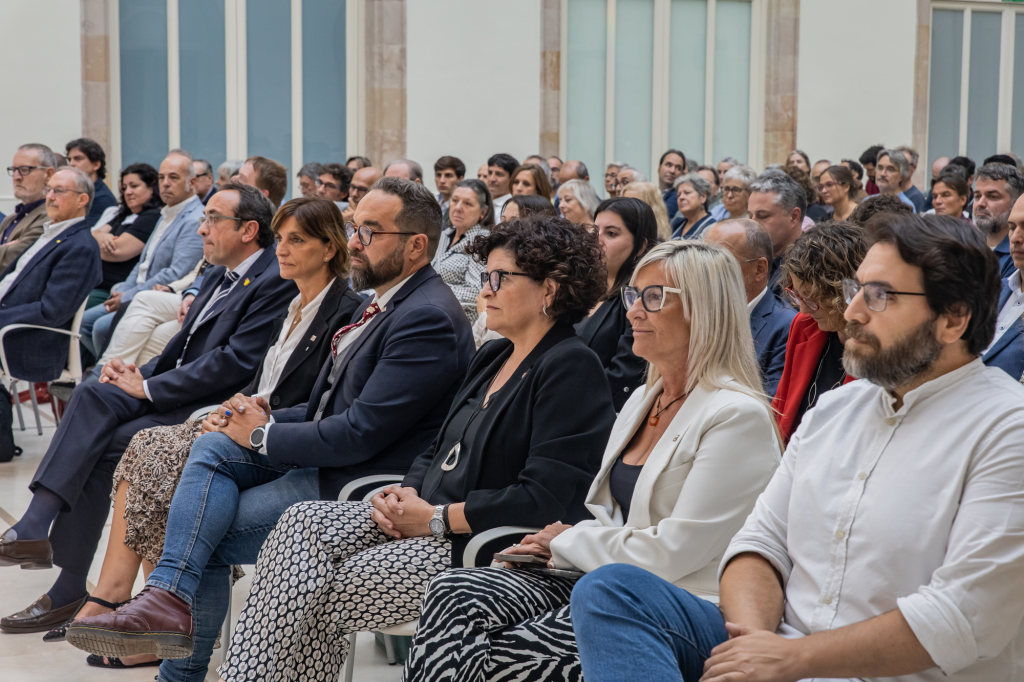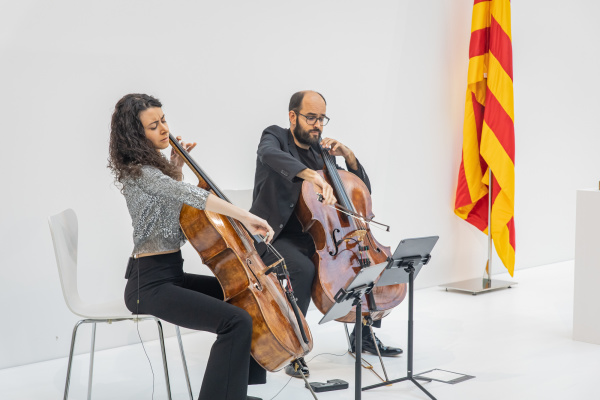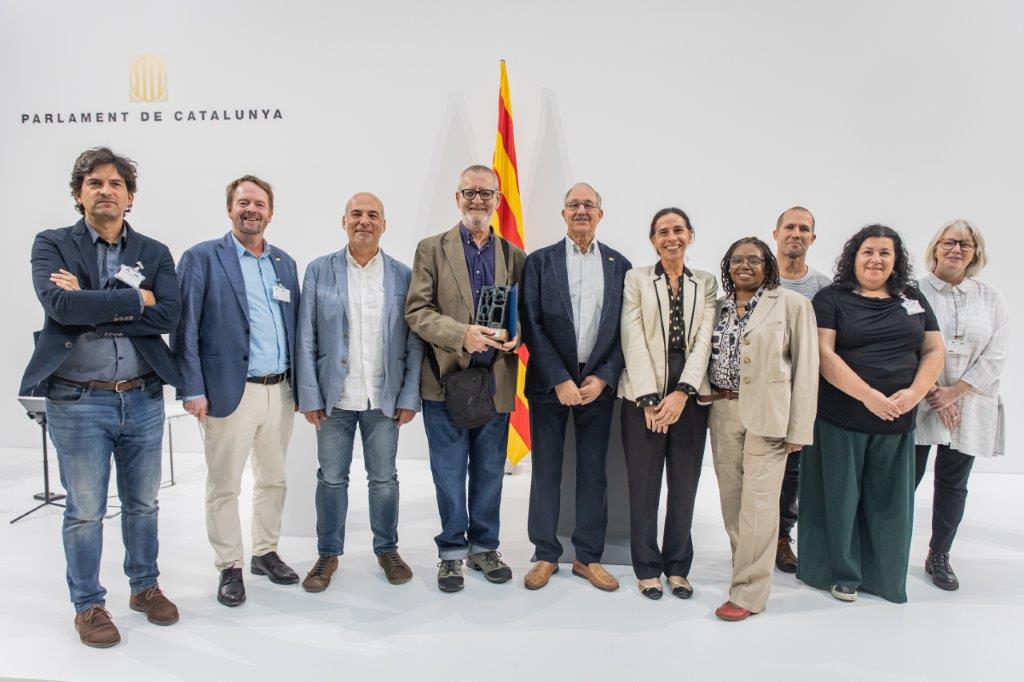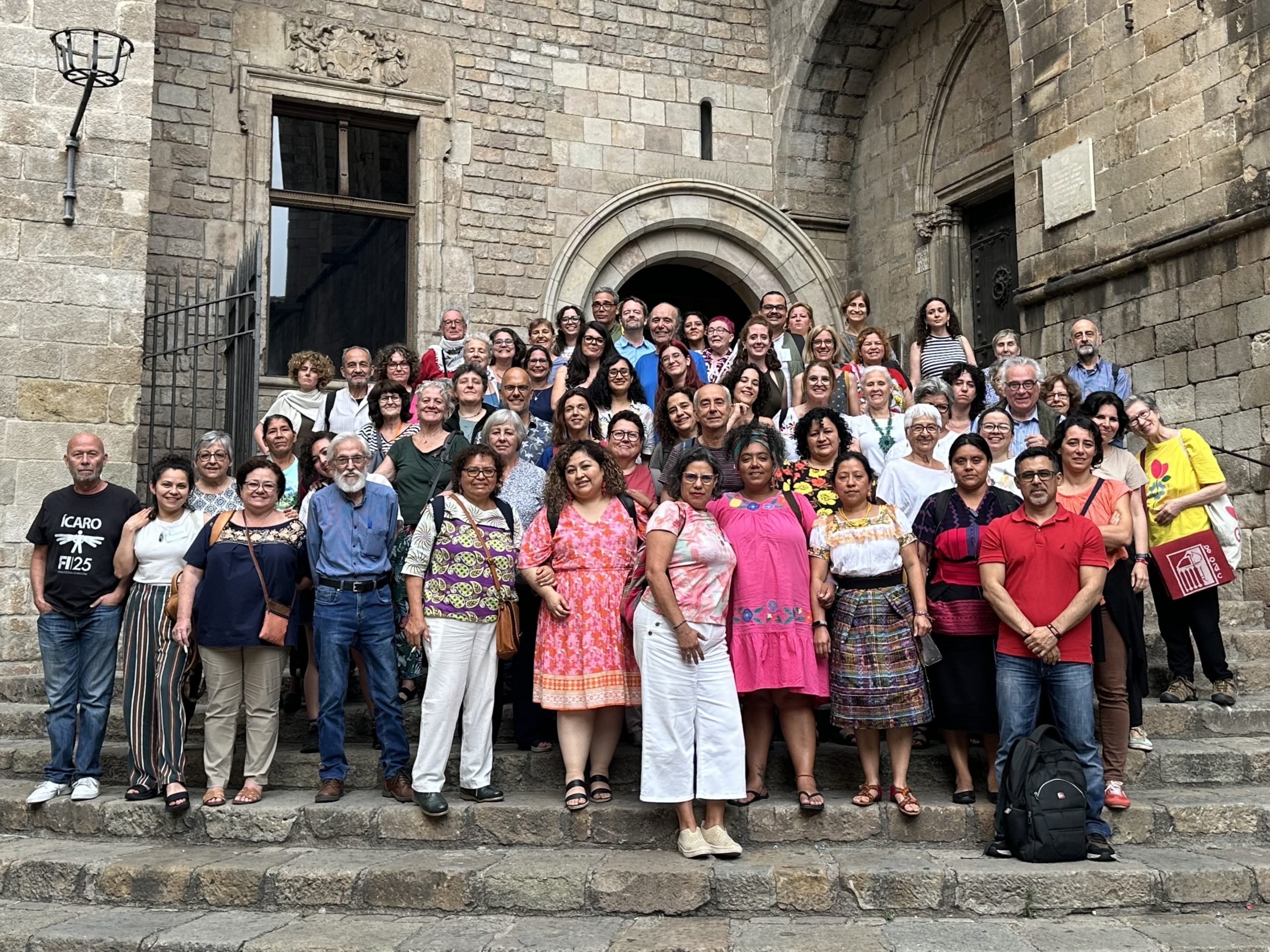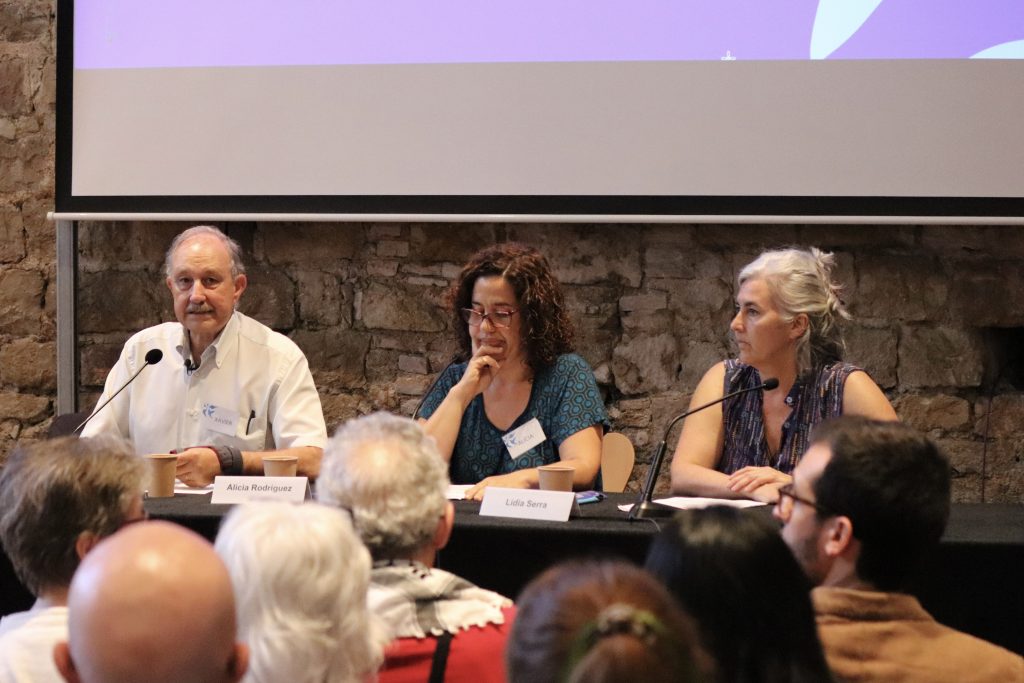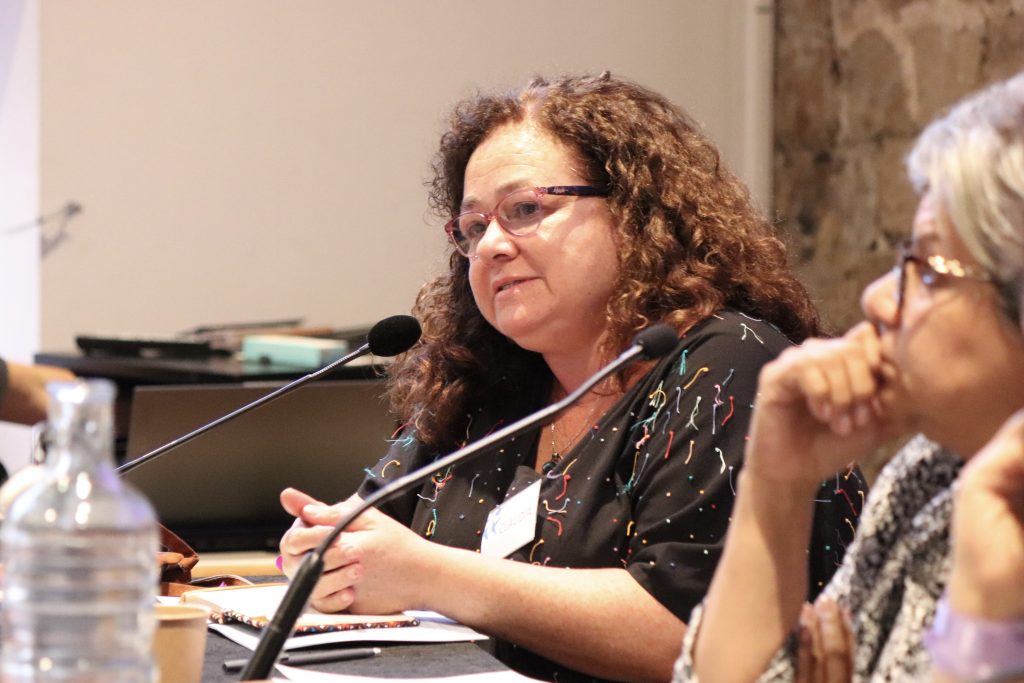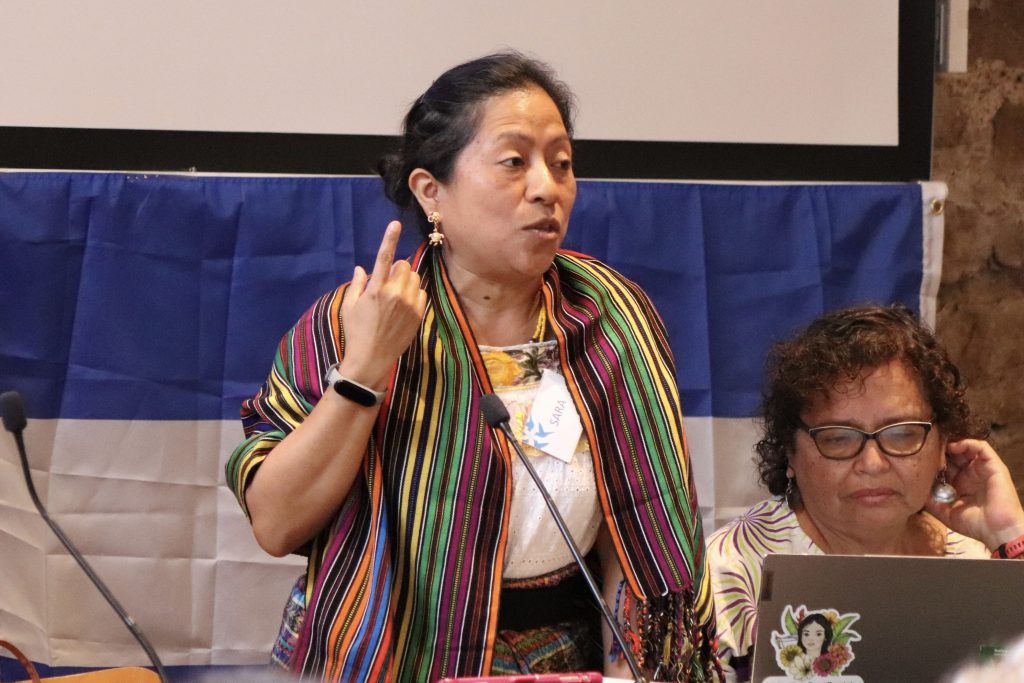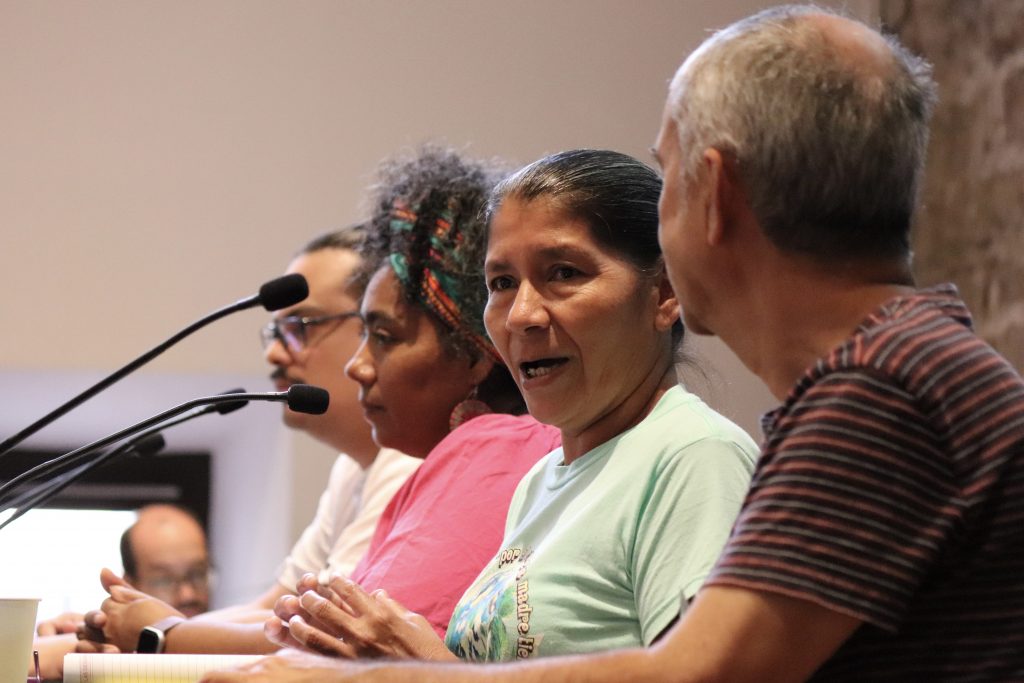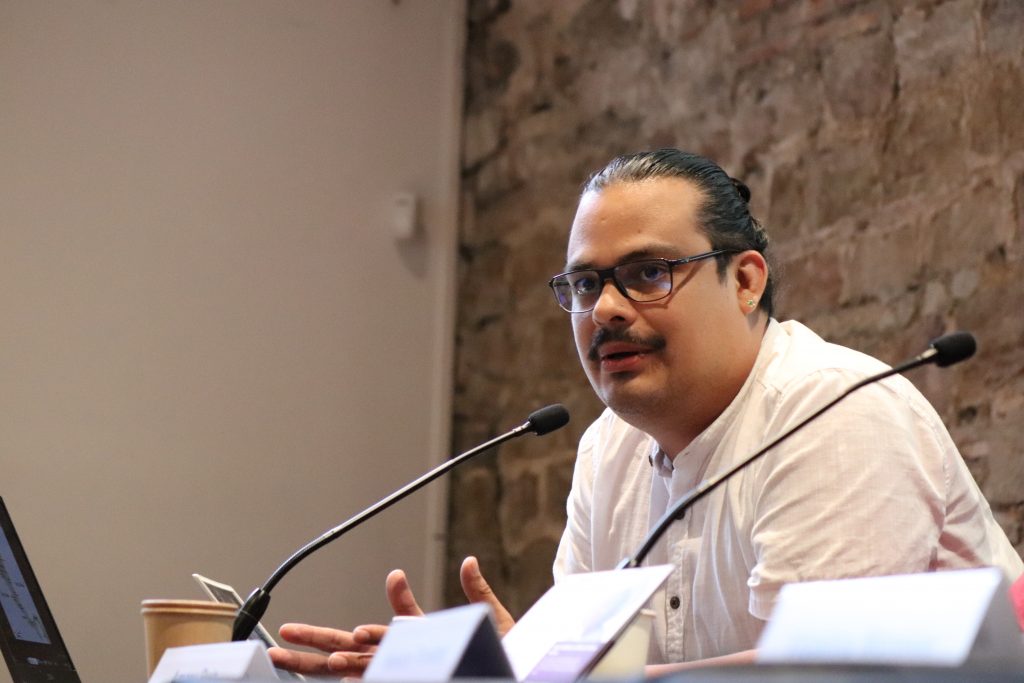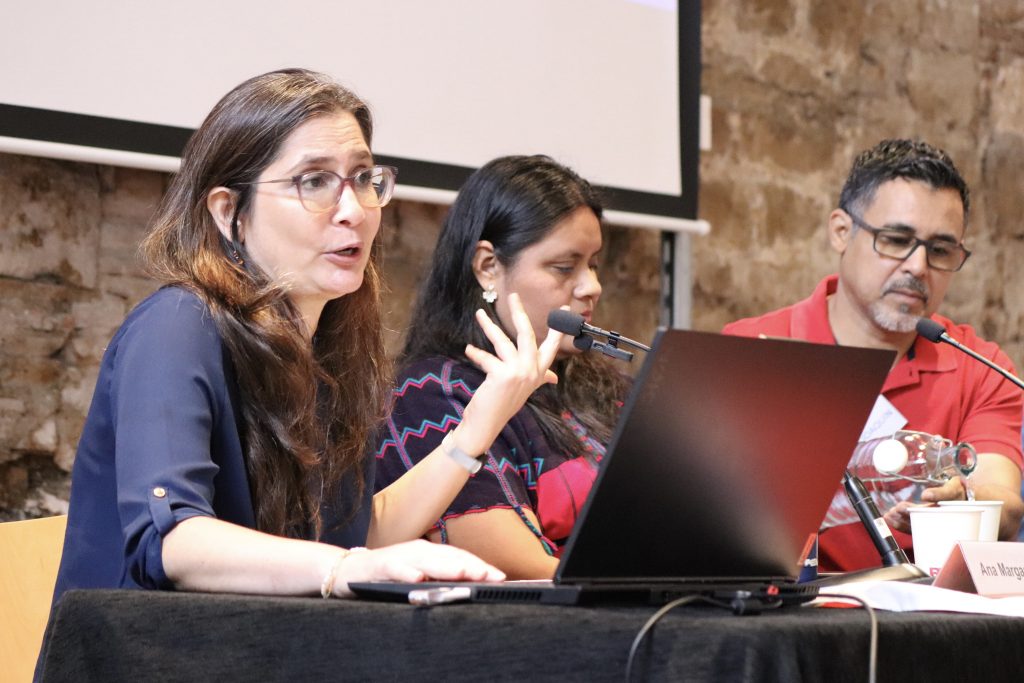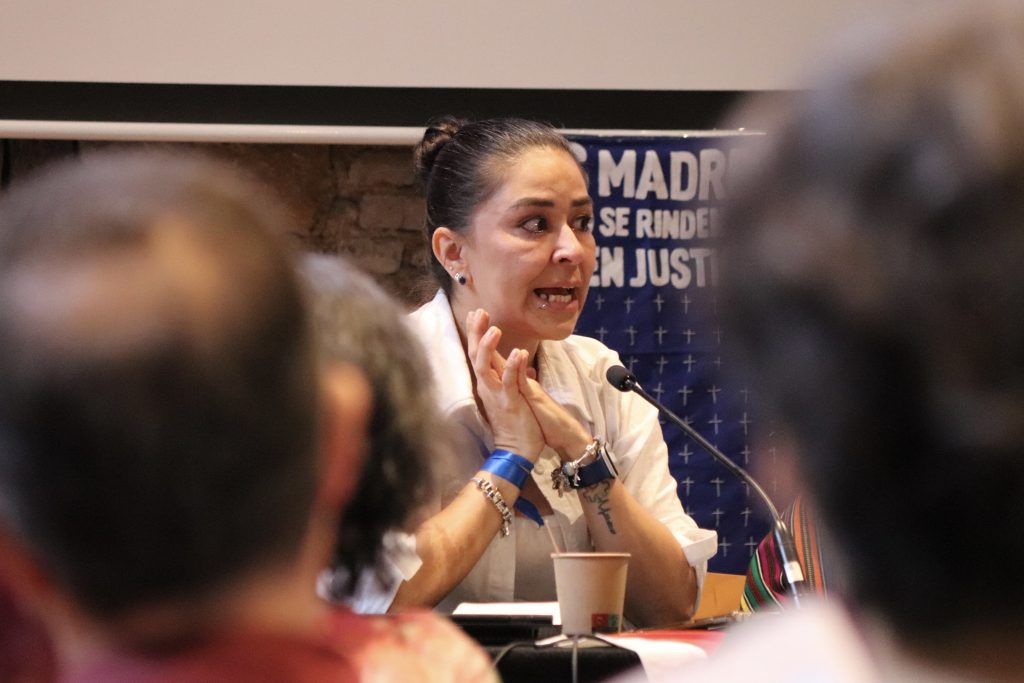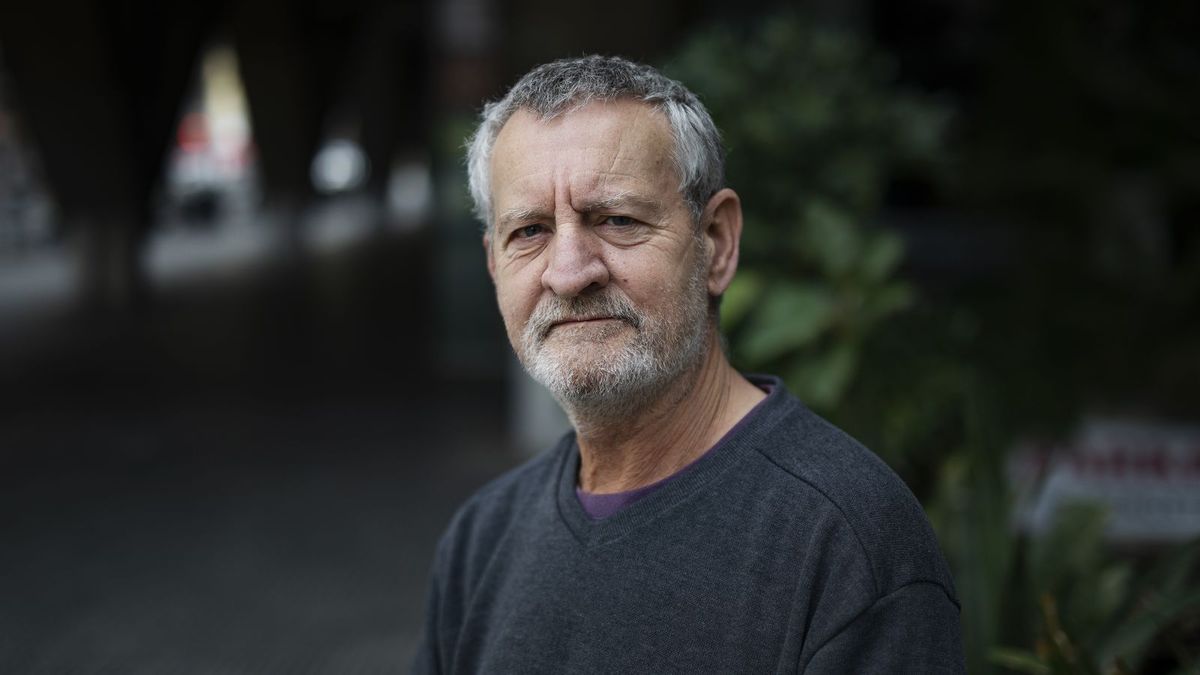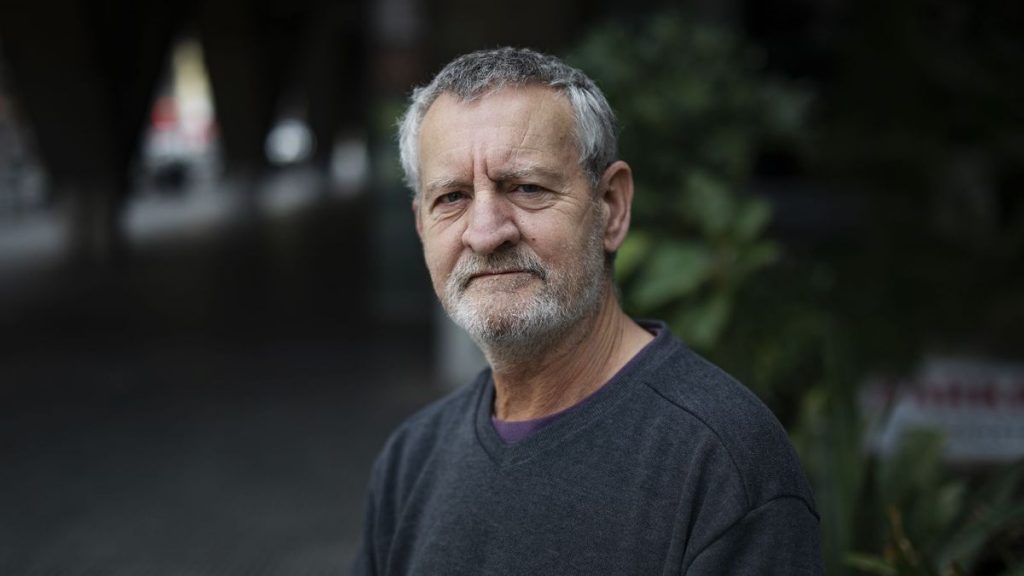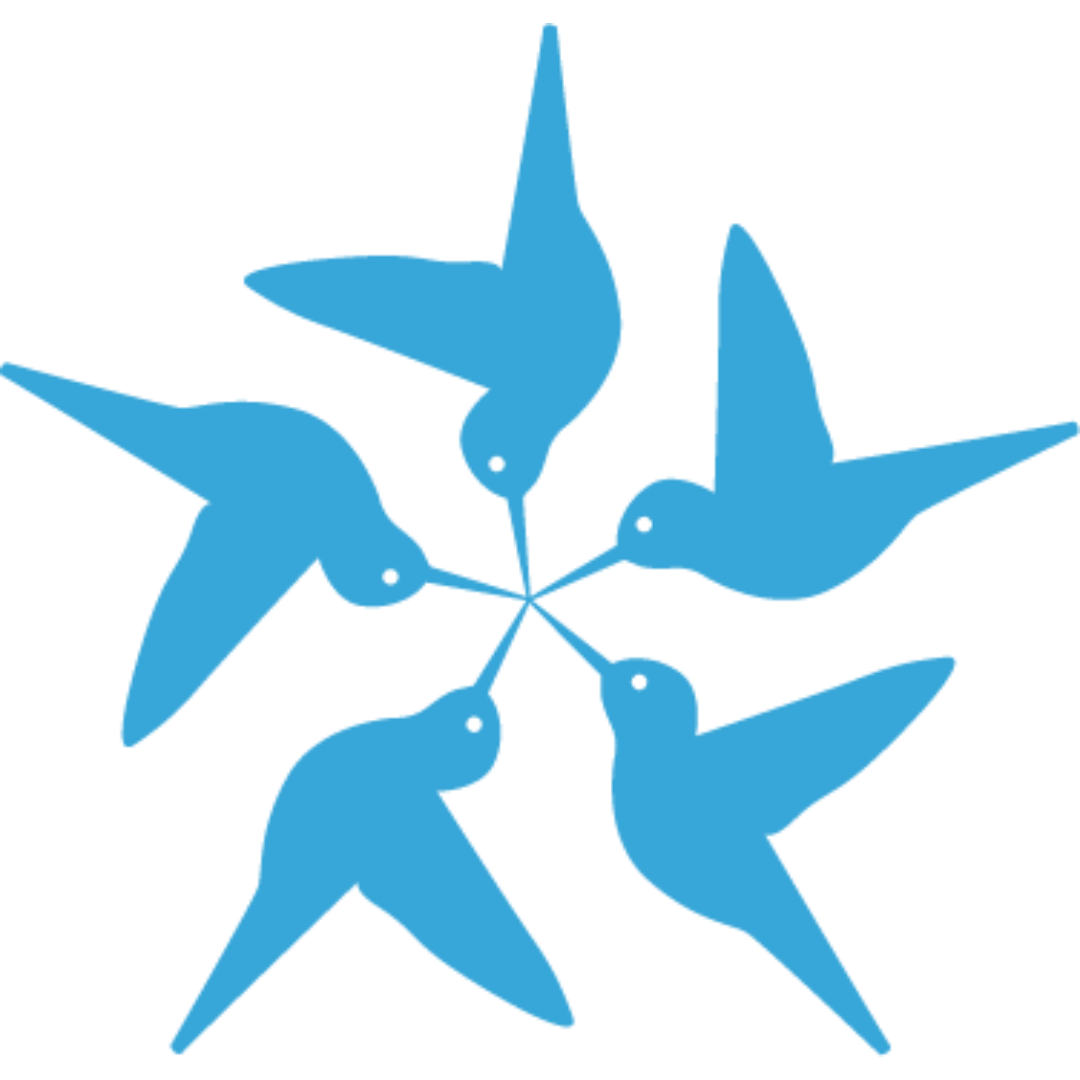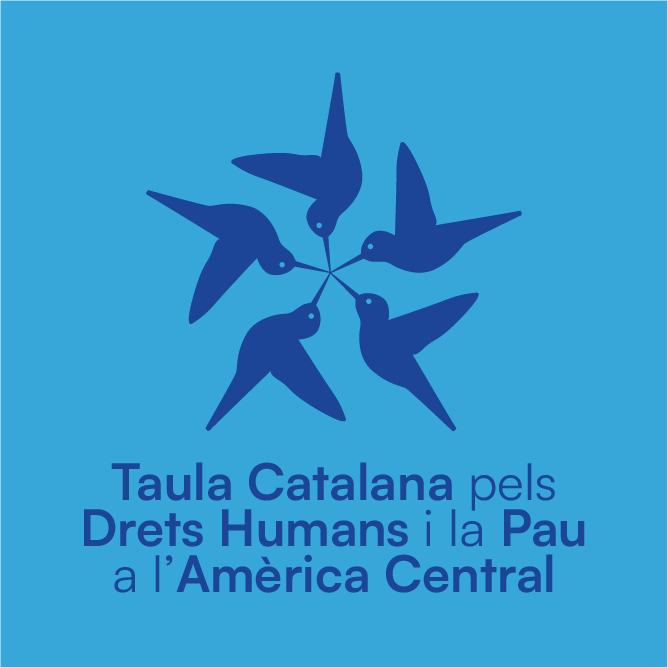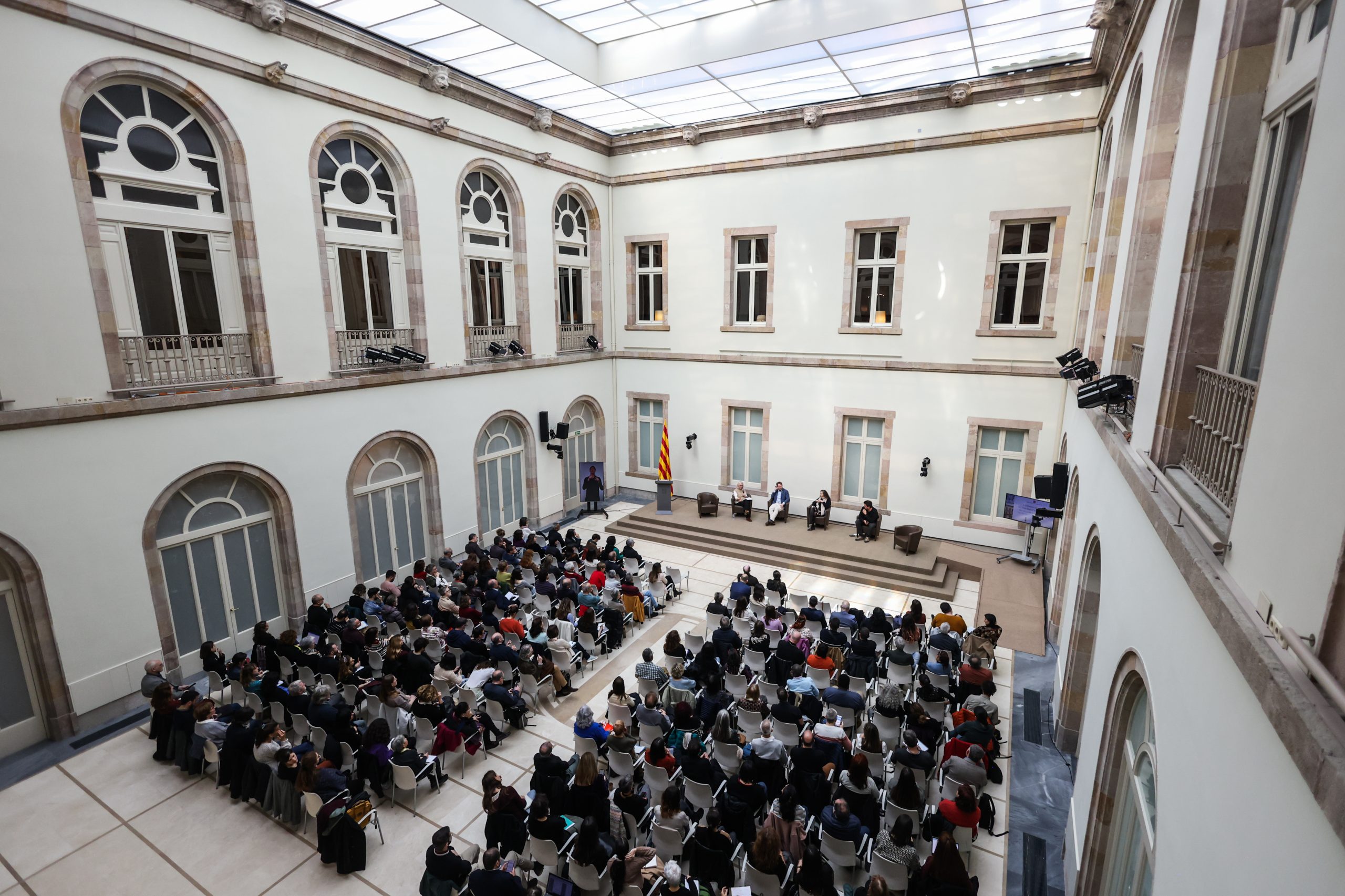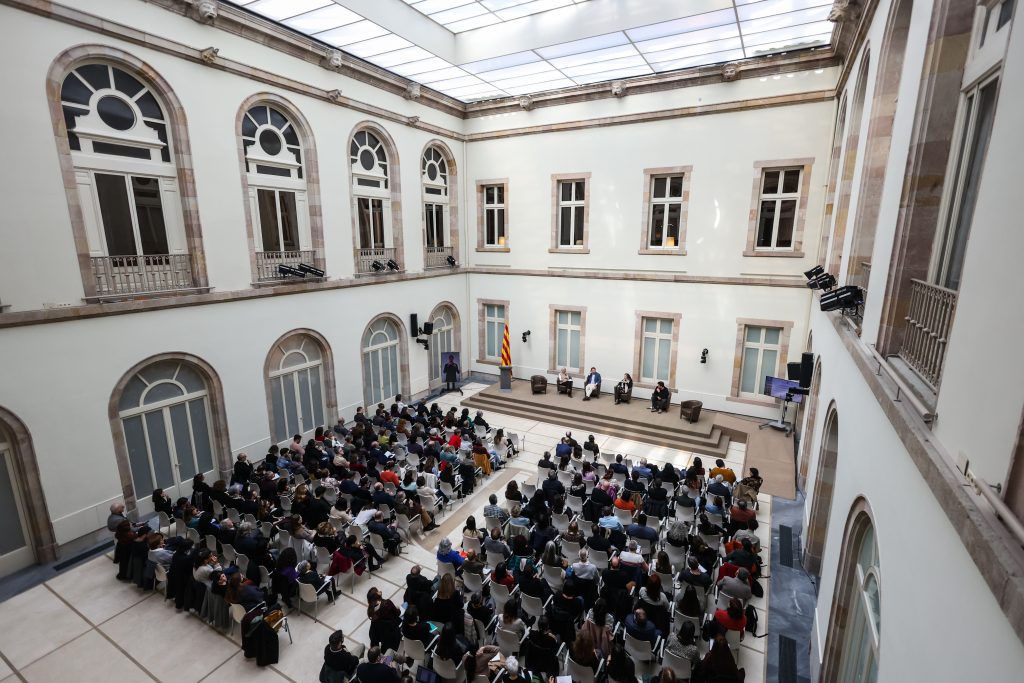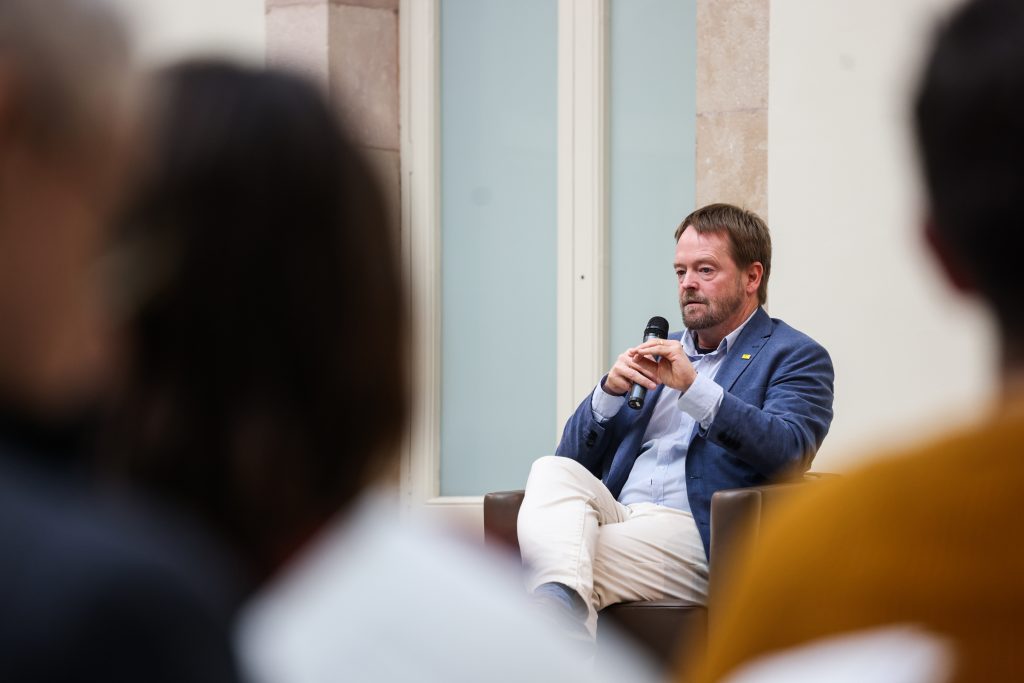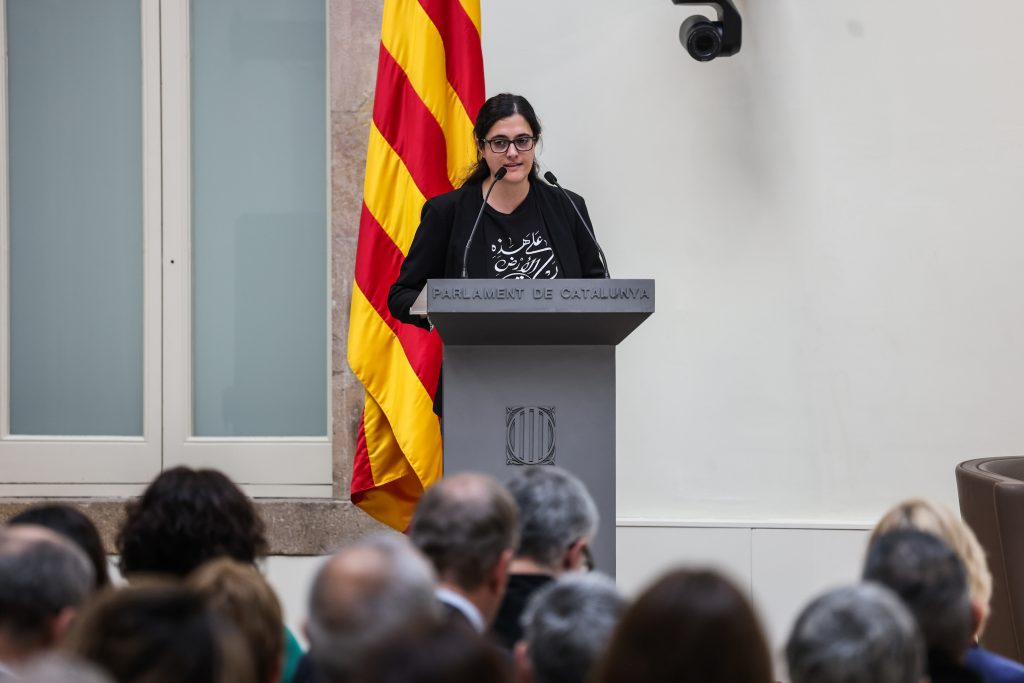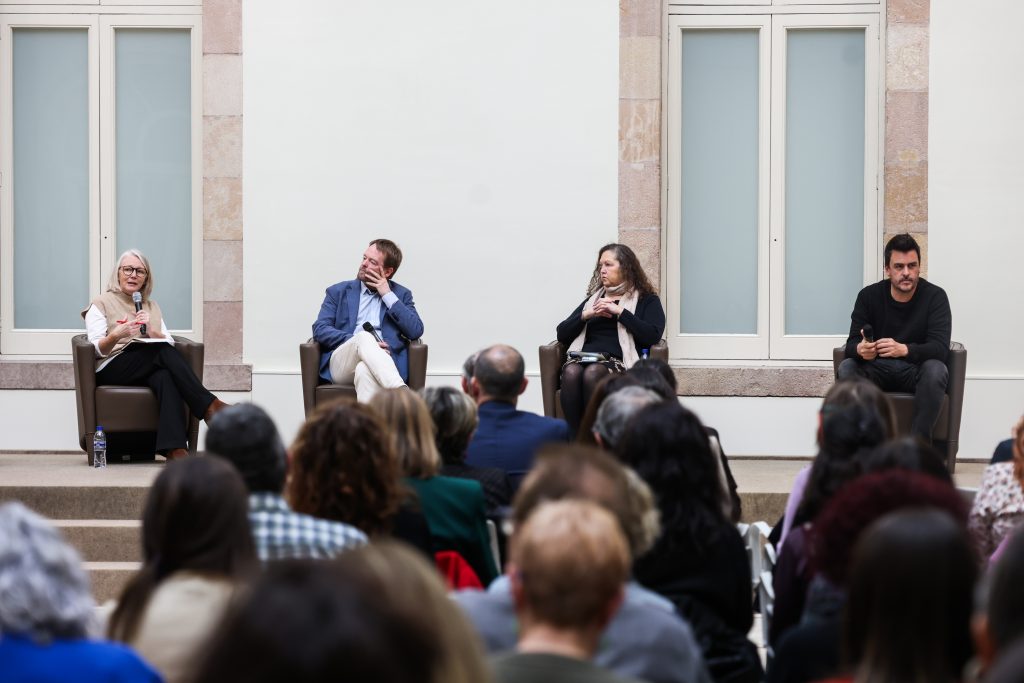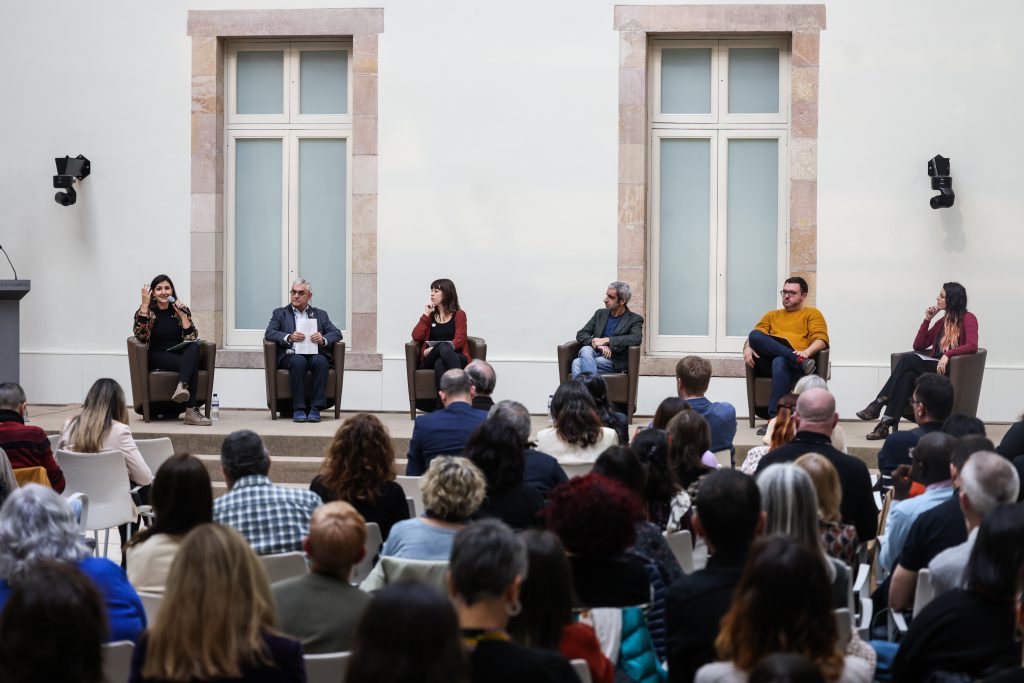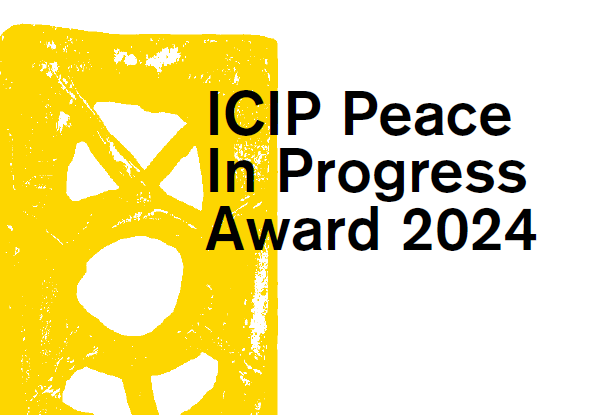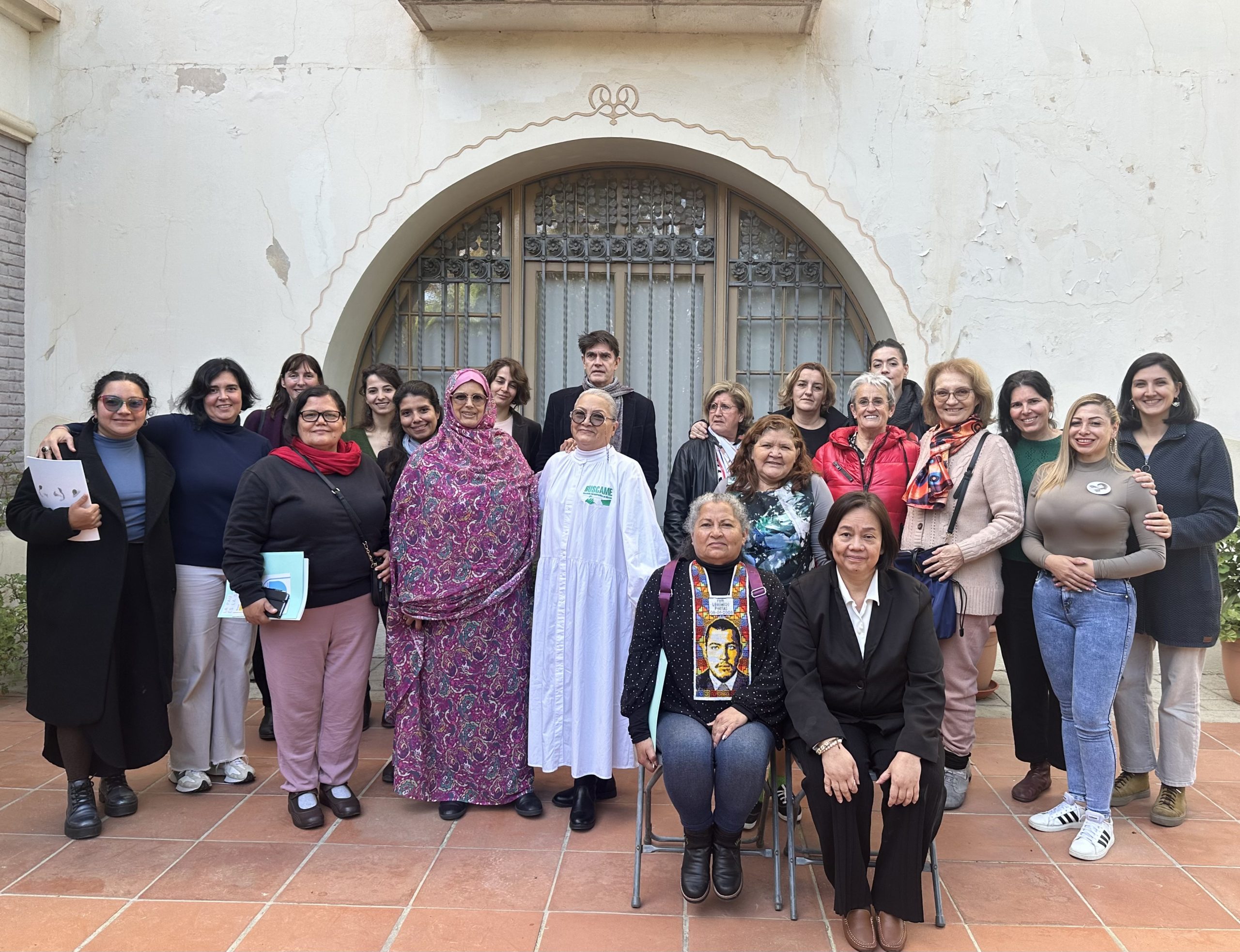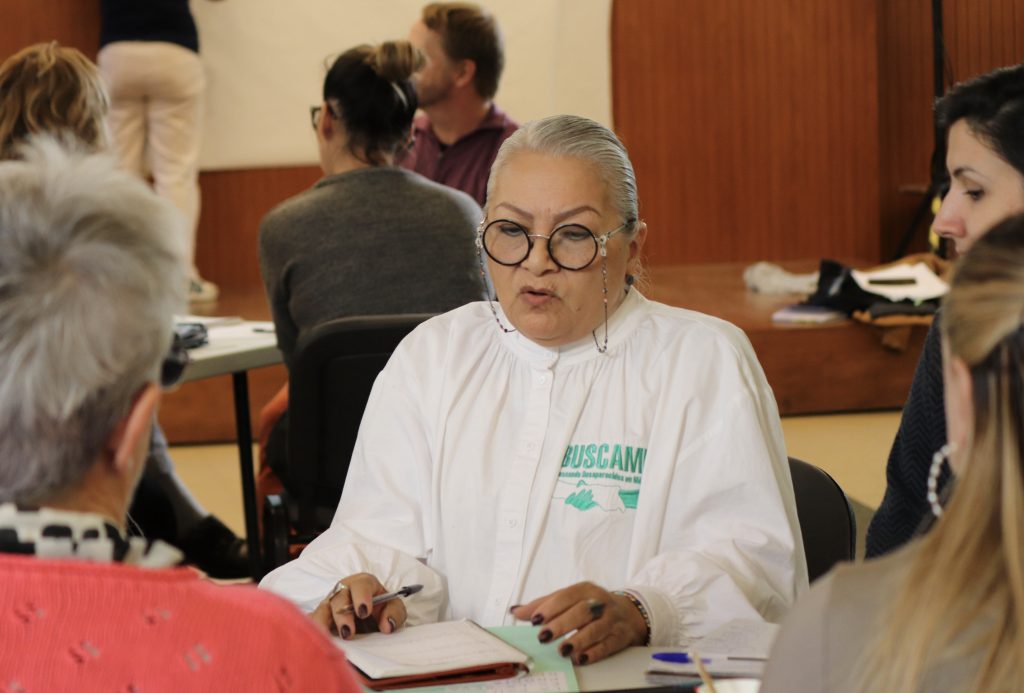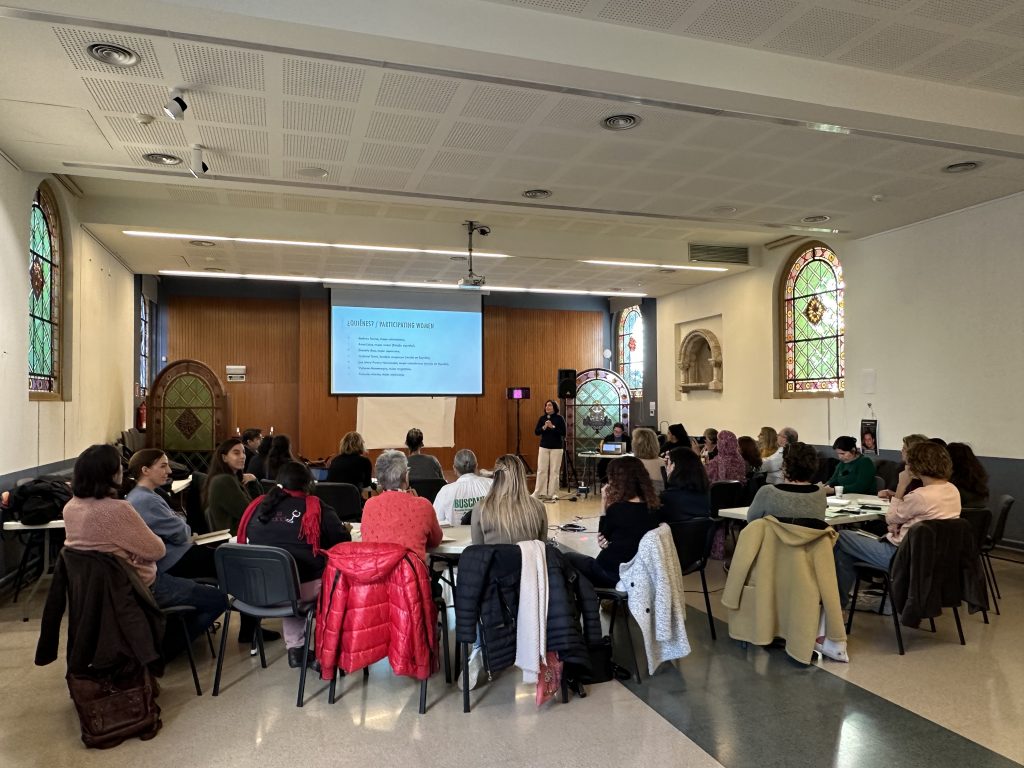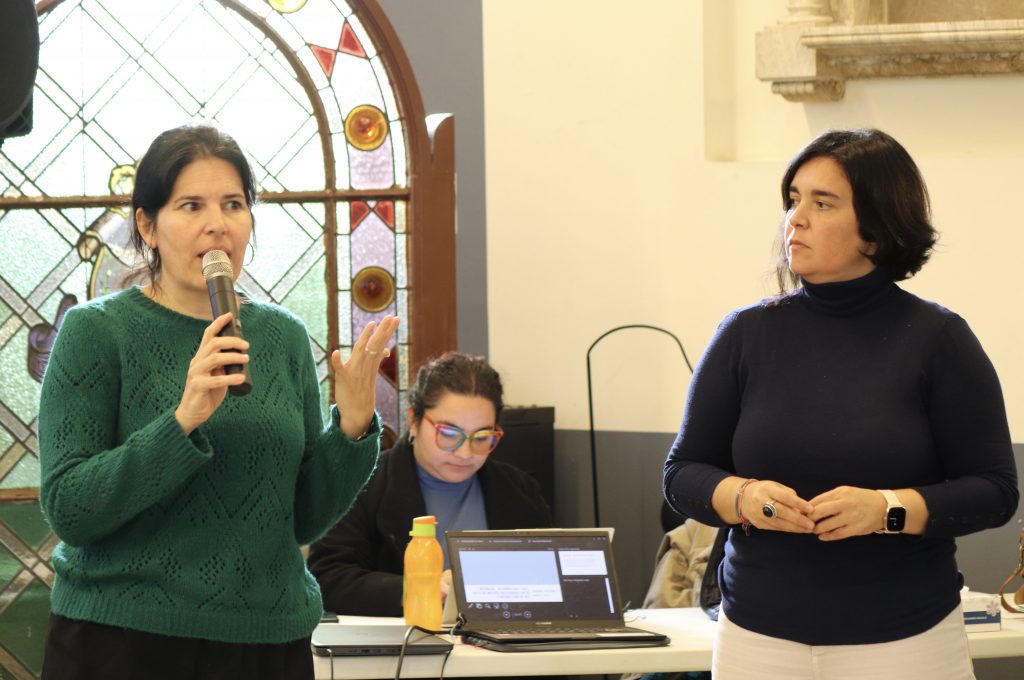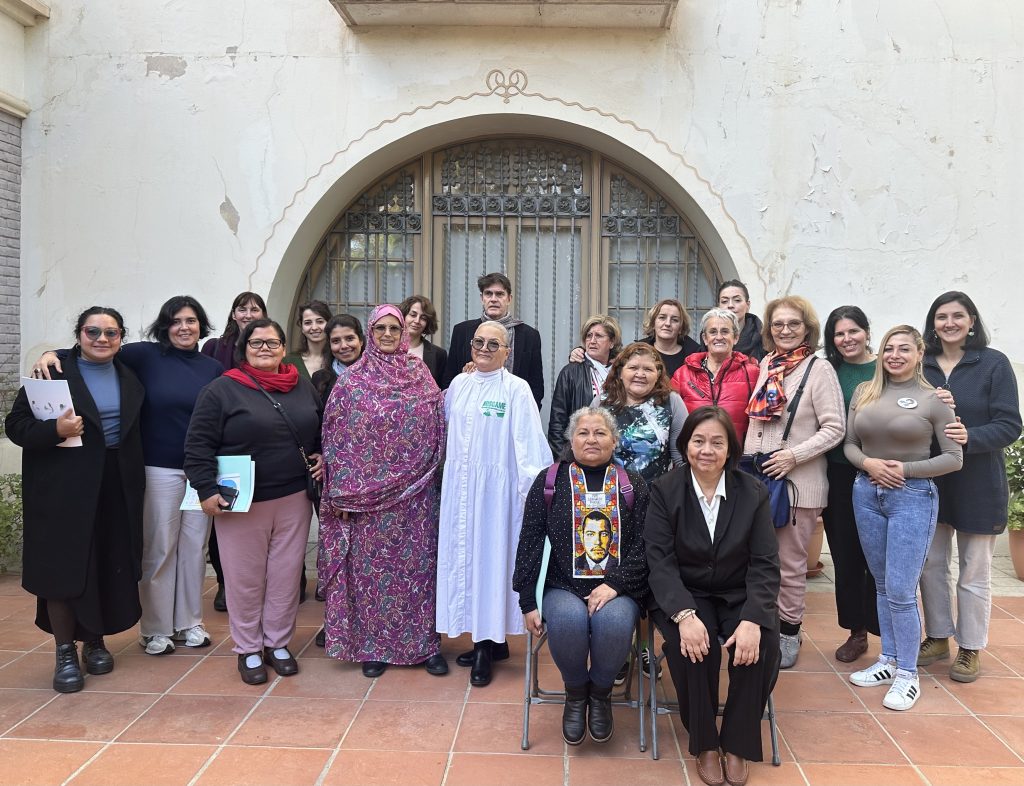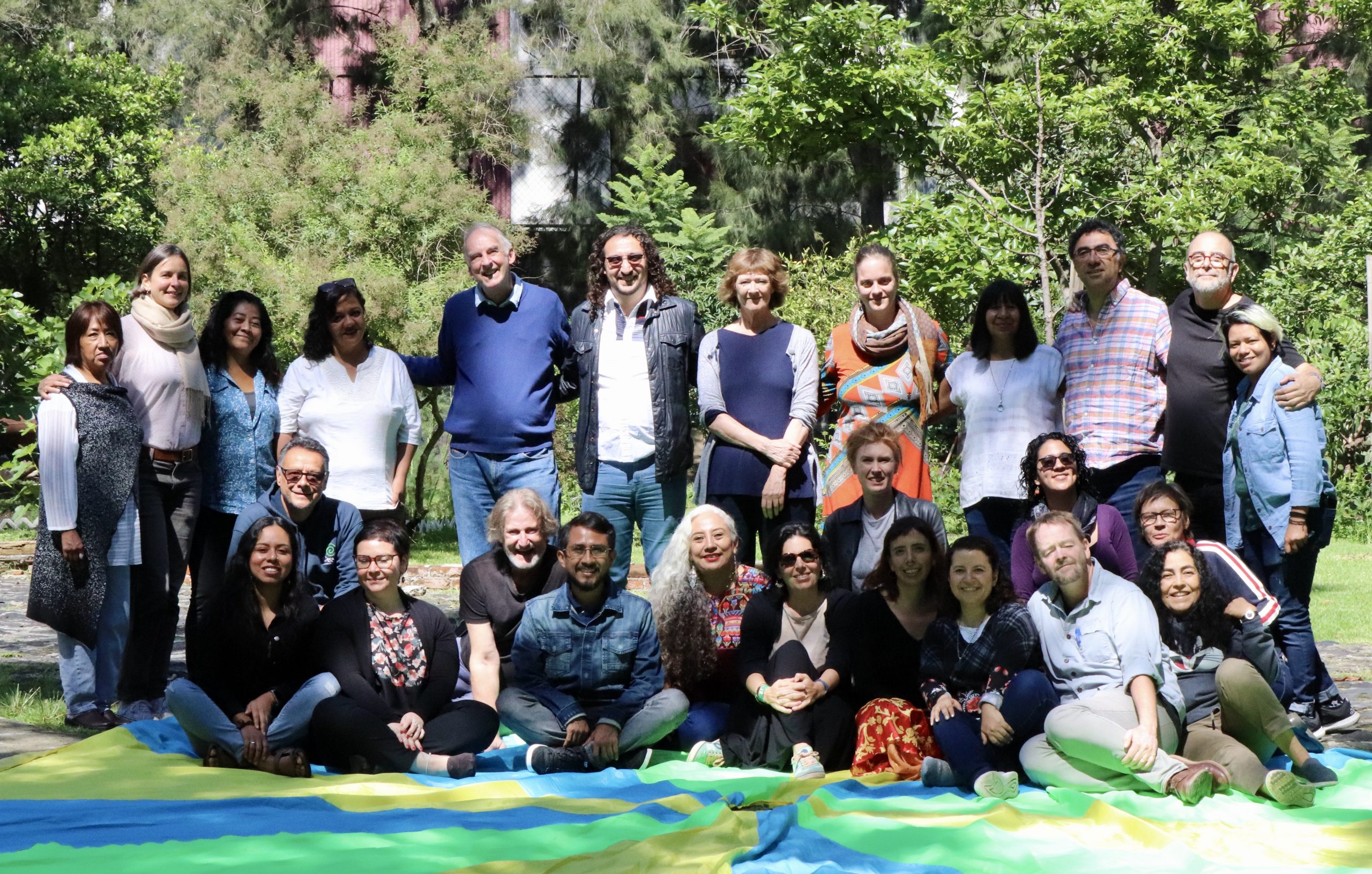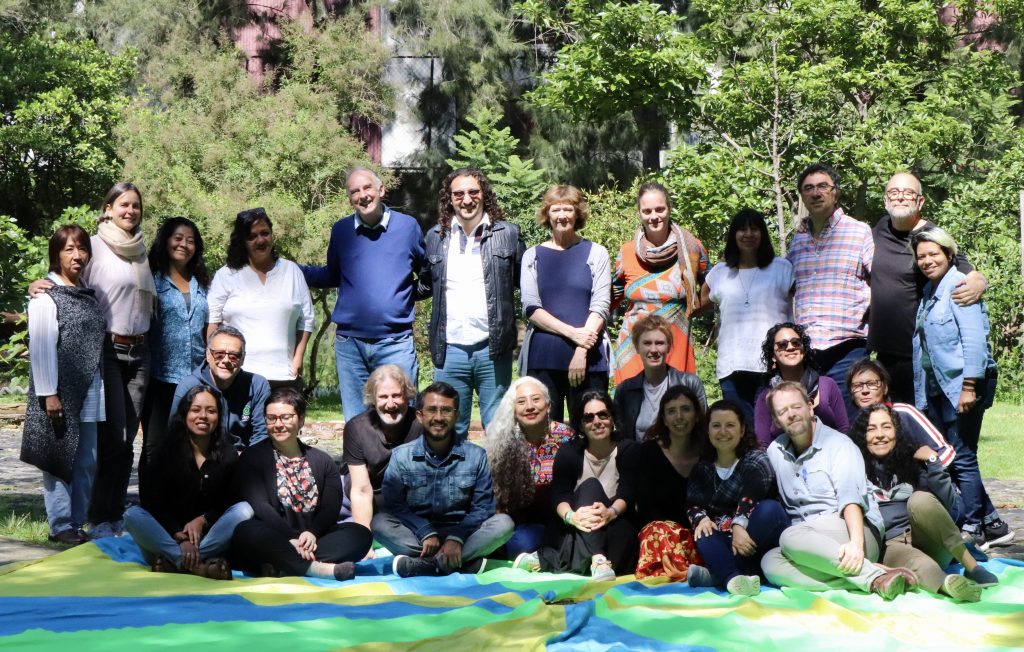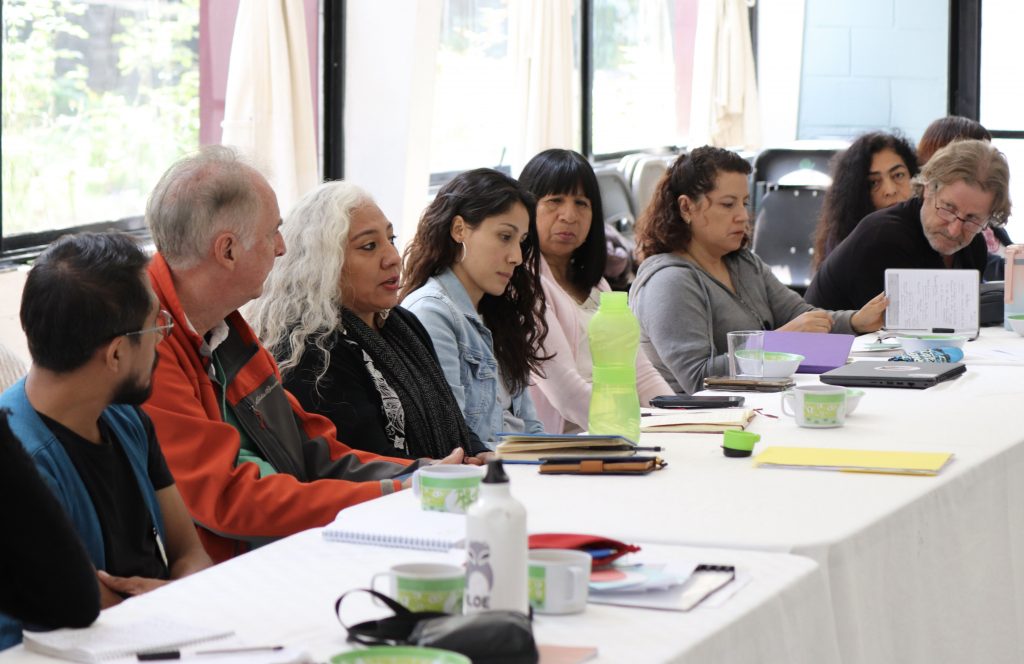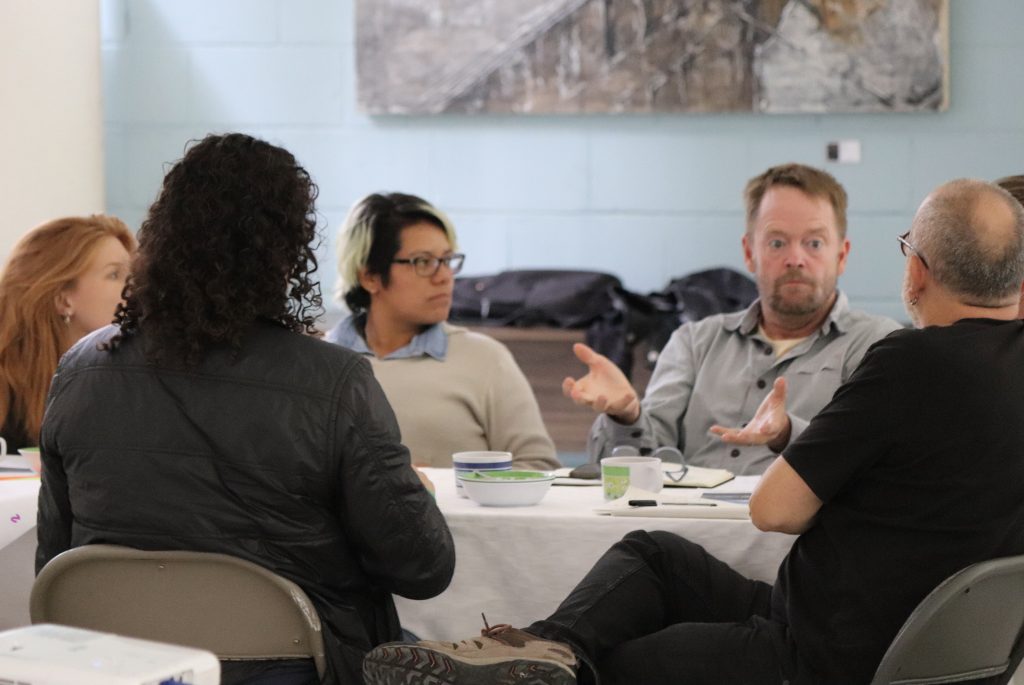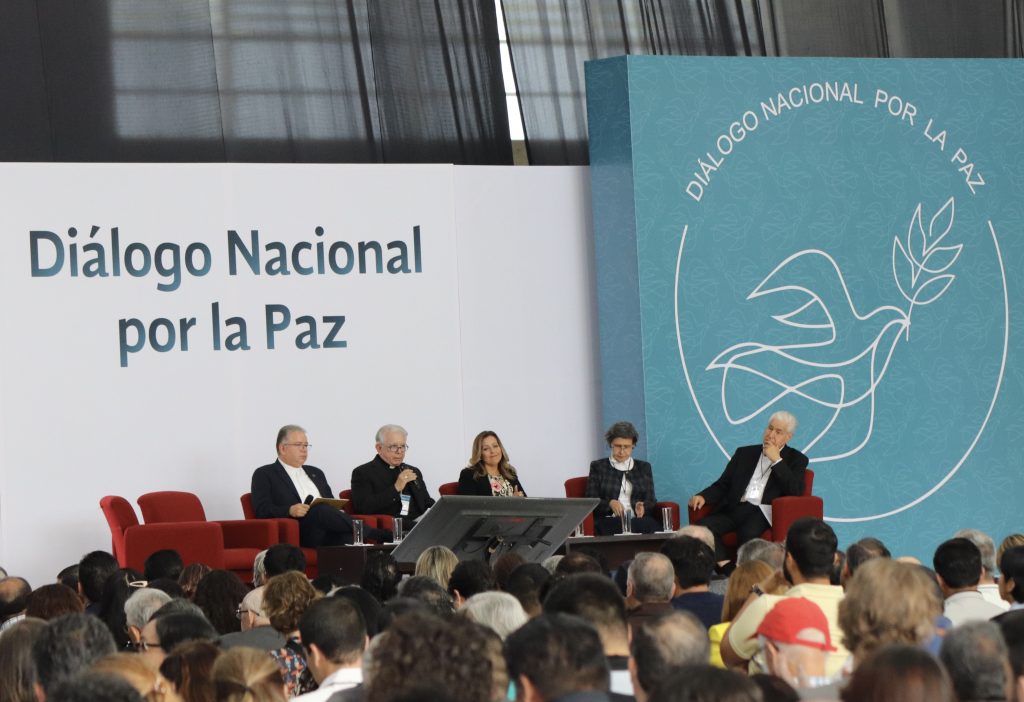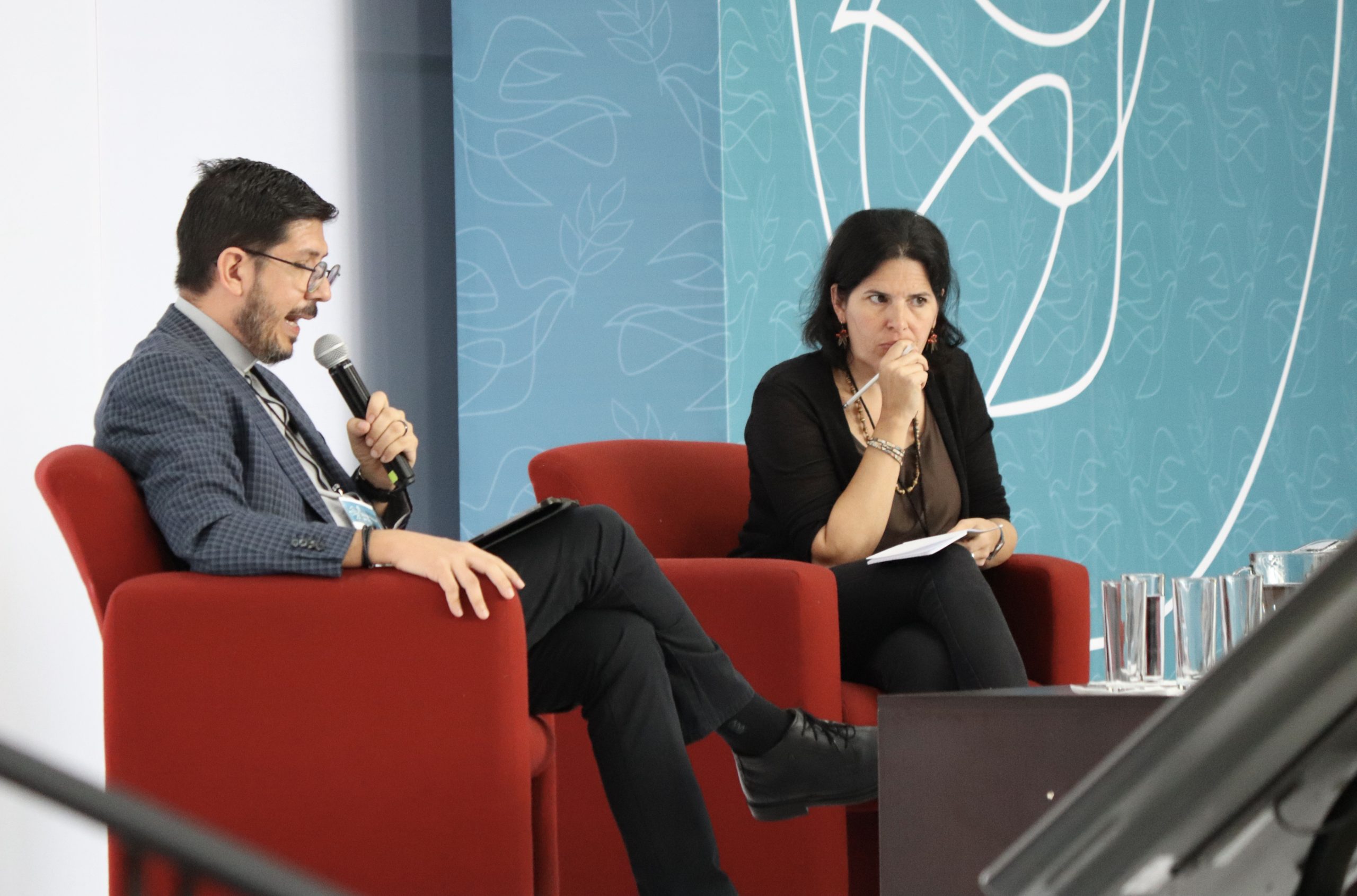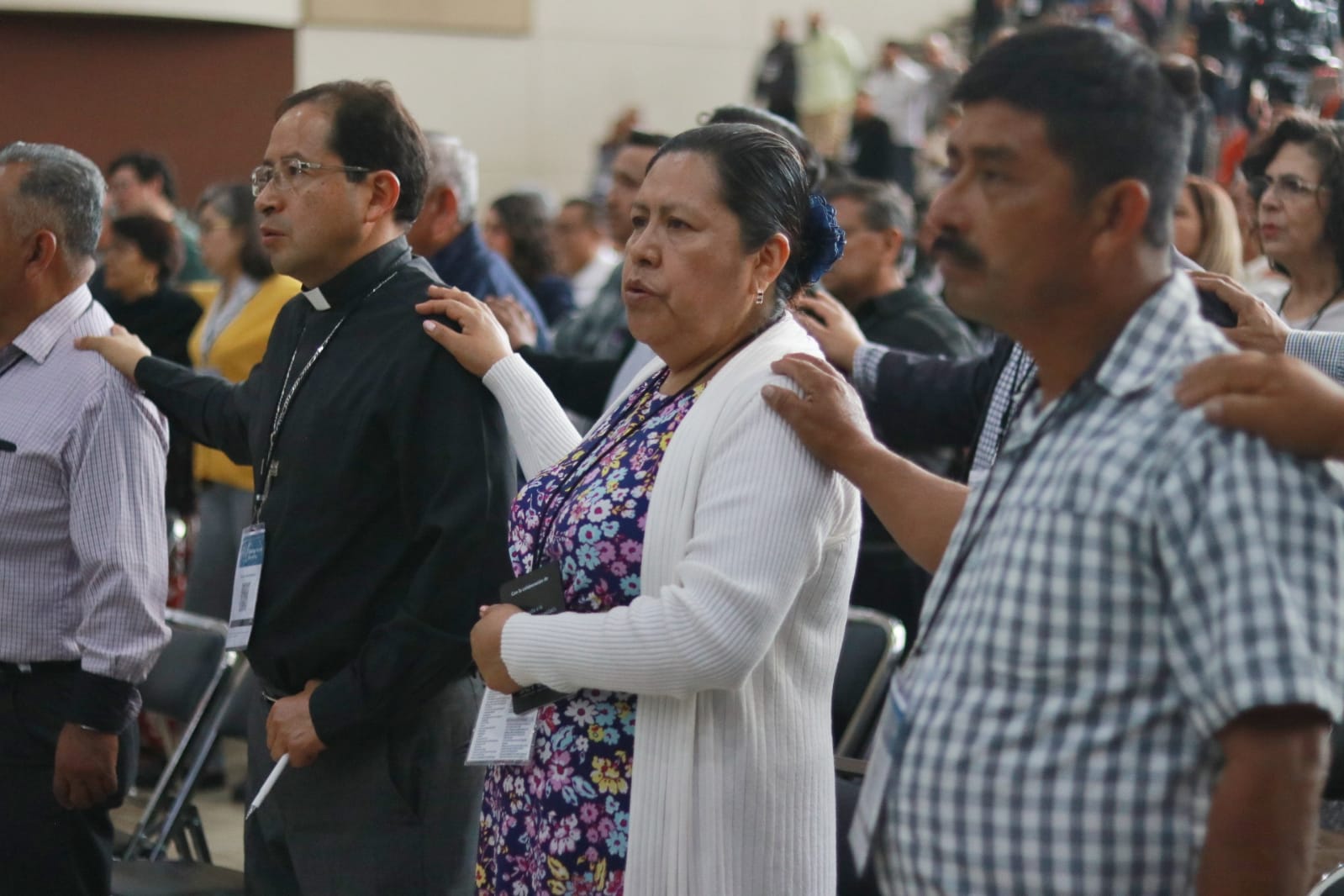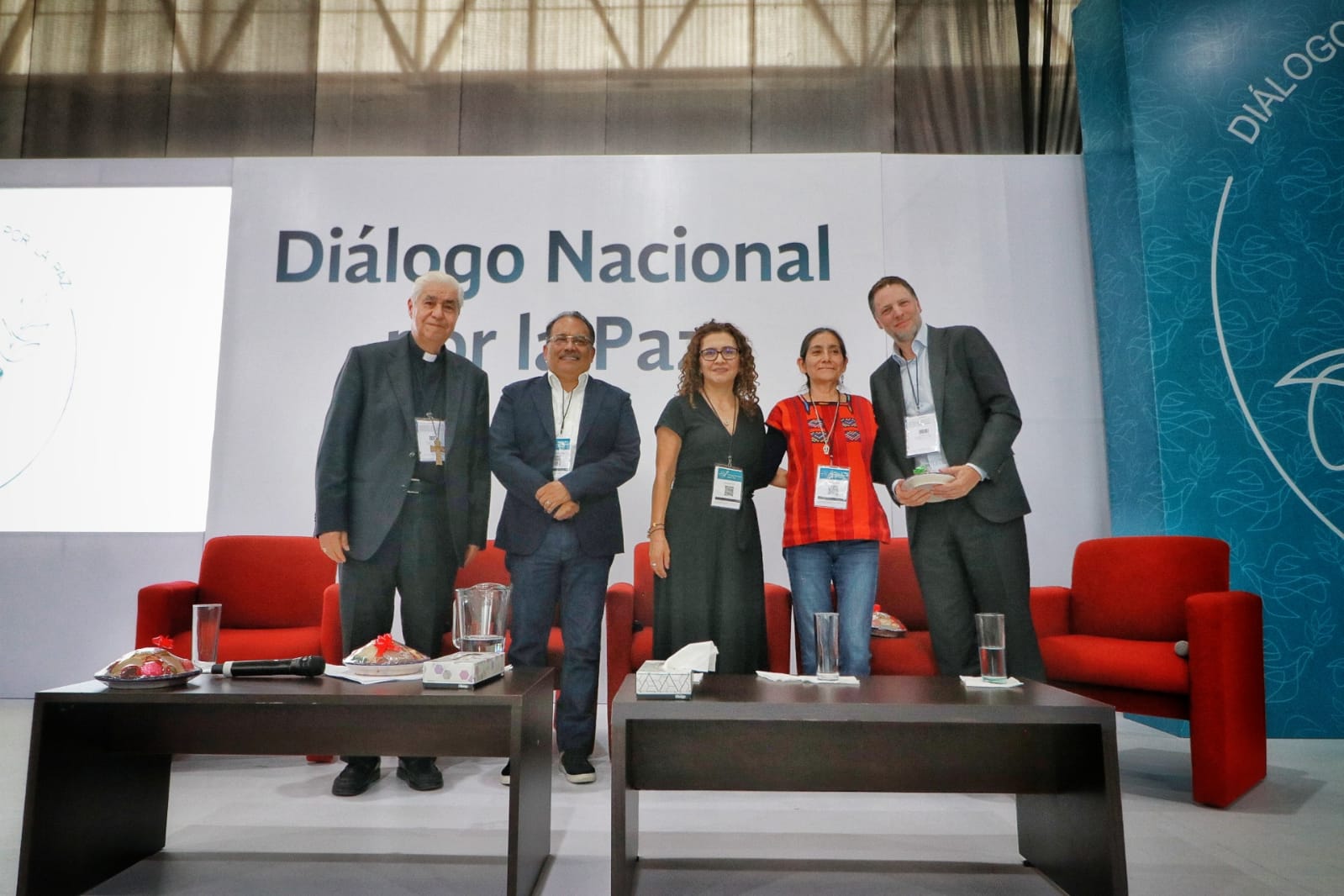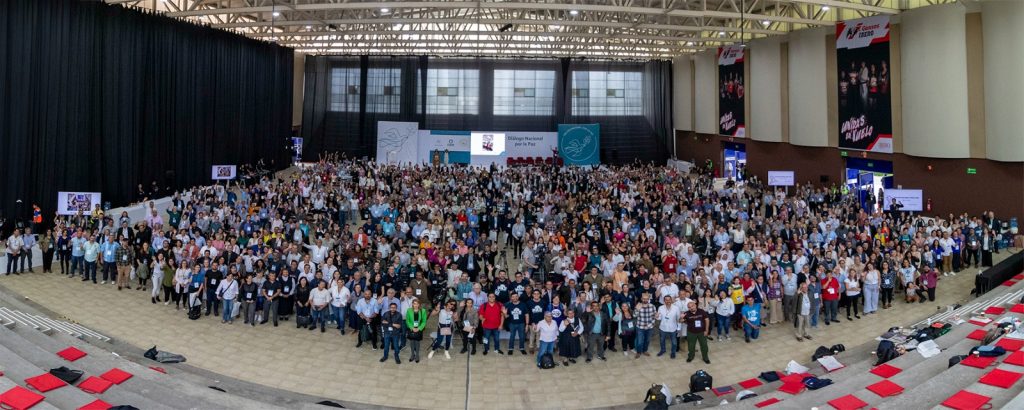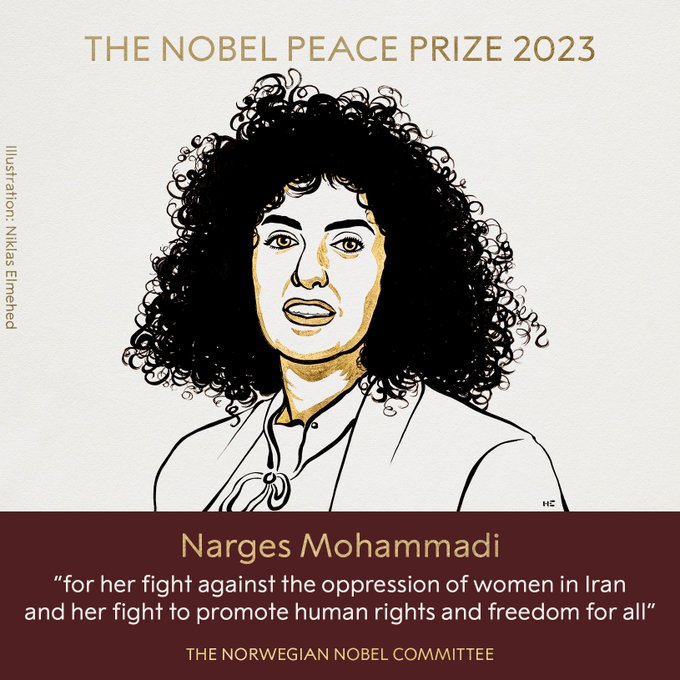The ICIP Governing Board has honoured the researcher and activist Vicenç Fisas i Armengol with the ICIP Peace in Progress Award 2024 “for his extensive and sustained career in the field of research and activism for peace and human rights, and conflict mediation and analysis.” The nomination stood out from the twenty-odd applications received from around the world, from individuals or institutions dedicated to promoting peace.
Born in Barcelona in 1952, Fisas holds a doctorate in Peace Studies from the University of Bradford (United Kingdom). Throughout his career, he has excelled in activism in favour of peace and the defence of human rights; he has been a facilitator and analyst of violent conflicts and peace processes, and he has carried out numerous academic research projects on conflicts, peace culture and disarmament. He has also been an outstanding disseminator: he has published more than 70 books on topics related to his fields of expertise and has collaborated with numerous media outlets.
As is customary every year, ICIP will hold an award ceremony at the Parliament of Catalonia in September, coinciding with the International Day of Peace celebration.
Activism and research
Fisas began his activism for peace in the 1970s, first as a member of Equip OC. This group supported the first conscientious objectors to military service in Spain and, later, as an active member of the Casal de Pau of the International Campaign Against Arms Trade (CAAT) and of the Anti-Nuclear Movement of Catalonia. Intending to combine activism and research, in 1974, he created the Center for Conflict Analysis, a small centre for documentation and analysis of the peace movement from which he initiated contacts with international peace organizations. A decade later, he founded and coordinated the Peace and Conflict Program at the CIDOB (Barcelona Center for International Affairs). The main Spanish peace research centres were created at this time, as was the Spanish Association for Peace Research (AIPAZ), of which Fisas was also the founder and president.
Additionally, in the 1990s, he became active in the International Campaign to Ban Landmines (ICBL) and as coordinator of the disarmament campaigns promoted by Amnesty International, Greenpeace, Intermón-Oxfam and Doctors Without Borders (MSF).
Founder of the Escola de Cultura de Pau
In 1989, Fisas joined the UNESCO Center of Catalonia as a researcher on peace and disarmament. He coordinated the UNESCO Chair on Peace and Human Rights at the Autonomous University of Barcelona (UAB). At the same time, he was appointed UNESCO’s head of conflict prevention. In 1999, following the success of the UNESCO Chair, Fisas created the UAB School for a Culture of Peace (ECP), of which he was the director until 2016 and coordinator of the Peace Processes program. The ECP has become a leading peace research centre in Catalonia, conducting research, training, awareness-raising and intervention.
Experience in mediation and conflict prevention
Throughout his career, in addition to academic activism and research, Fisas has participated in peace negotiations in Colombia (2000-2016), the Basque Country (1998-2003 and 2016), the Sahara (2000-2010), Turkish Kurdistan (2006-2015) and the Philippines (2005-2017). His most extensive experience has been in Colombia, where he has been present in peace negotiations with the FARC and ELN in different periods. This field experience has led him to become an advisor on peace issues to the Ministry of Foreign Affairs of Spain (2004-2010) and the Ministry of Foreign Affairs of Norway (2010-2020), as well as a collaborator with the Norwegian Center for Conflict Resolution (NOREF) since 2008. Based on the monitoring of various peace processes around the world, Fisas published the Peace Processes Yearbook for ten years (2006-2016), in which he analyzed the evolution of peace negotiations.
Publications and awards
Throughout his career, he has published more than 70 books related to conflict analysis and the culture of peace, including El poder militar en España (1979), Introducció a l’estudi de la pau i dels conflictes (1987), Las armas de la democracia (1988), Ecología y seguridad en el Mediterráneo (1993), Las Naciones Unidas ante un mundo en crisis (1994), Cultura de paz y gestión de conflictos (1998), Adiós a las armas ligeras: las armas y la cultura de la violencia (2000), Procesos de paz y negociación en conflictos armados (2004), Diplomacias de paz: negociar con grupos armados (2015), La gestión de las crisis sociopolíticas: ¿prevención y/o cambio estructural? (2017) and Manual de negociación de conflictos políticos (2021).
His career has been recognized with several awards, such as the National Human Rights Award (1988), the Josep Vidal Lecha Memorial for Peace Award (1988) and the Solidarity Initiative Award of El Periódico de Catalunya (2007). Now, he has also been granted the ICIP Peace in Progress Award 2024, which he will receive during a public ceremony at the Parliament of Catalonia in September.
ICIP Peace in Progress Award
Since 2011, ICIP has called the Peace in Progress Award annually to award and publicly recognise people, entities or institutions that have worked and contributed in a unique and extended way to promote and construct peace.
The award includes public recognition, a sculpture created by the Nobel Peace Prize winner, artist and activist Adolfo Pérez Esquivel, Porta del Sol, and a financial endowment of 6,000 euros.
The awarding occurs annually in an institutional ceremony at the Parliament of Catalonia, coinciding with September 21, International Day of Peace.
